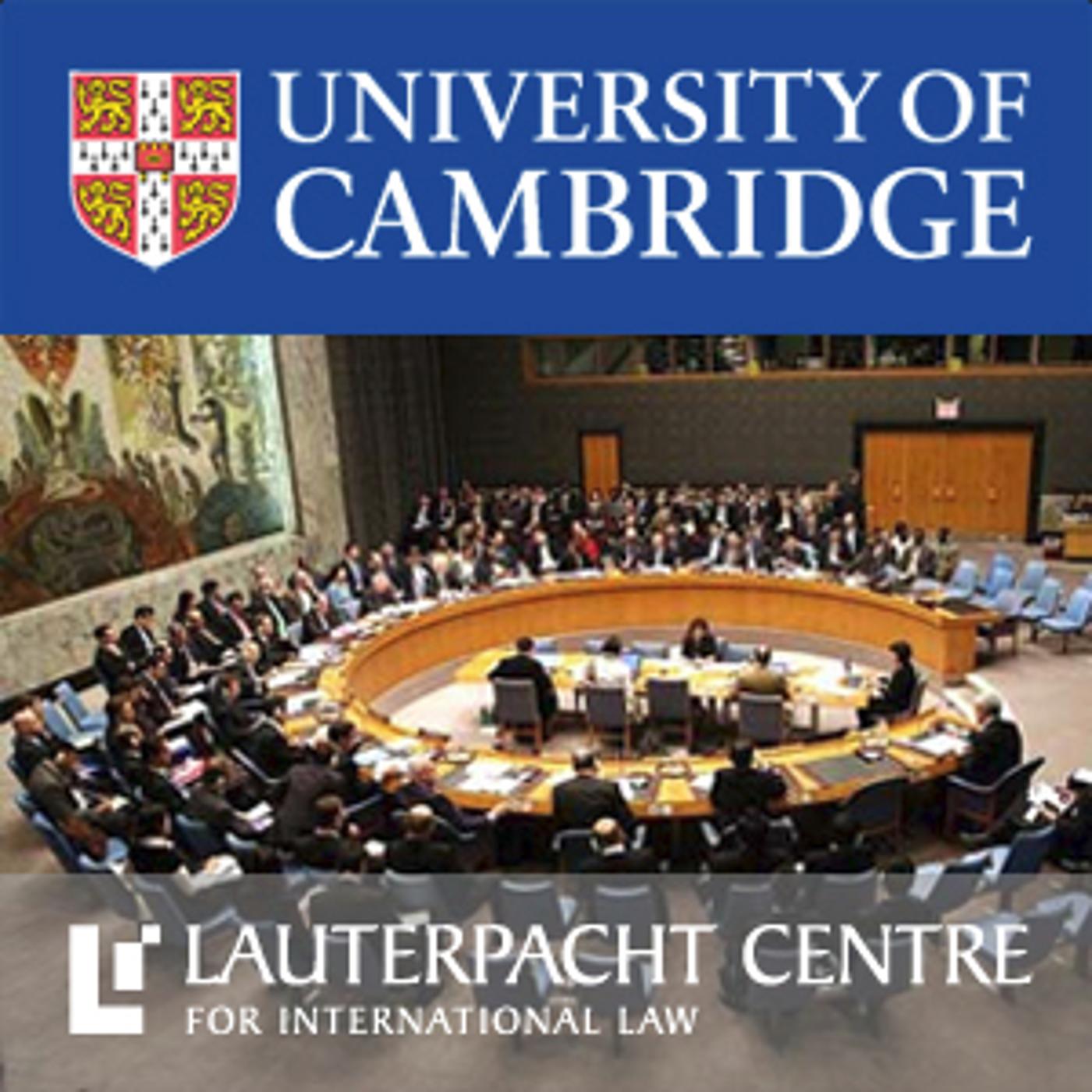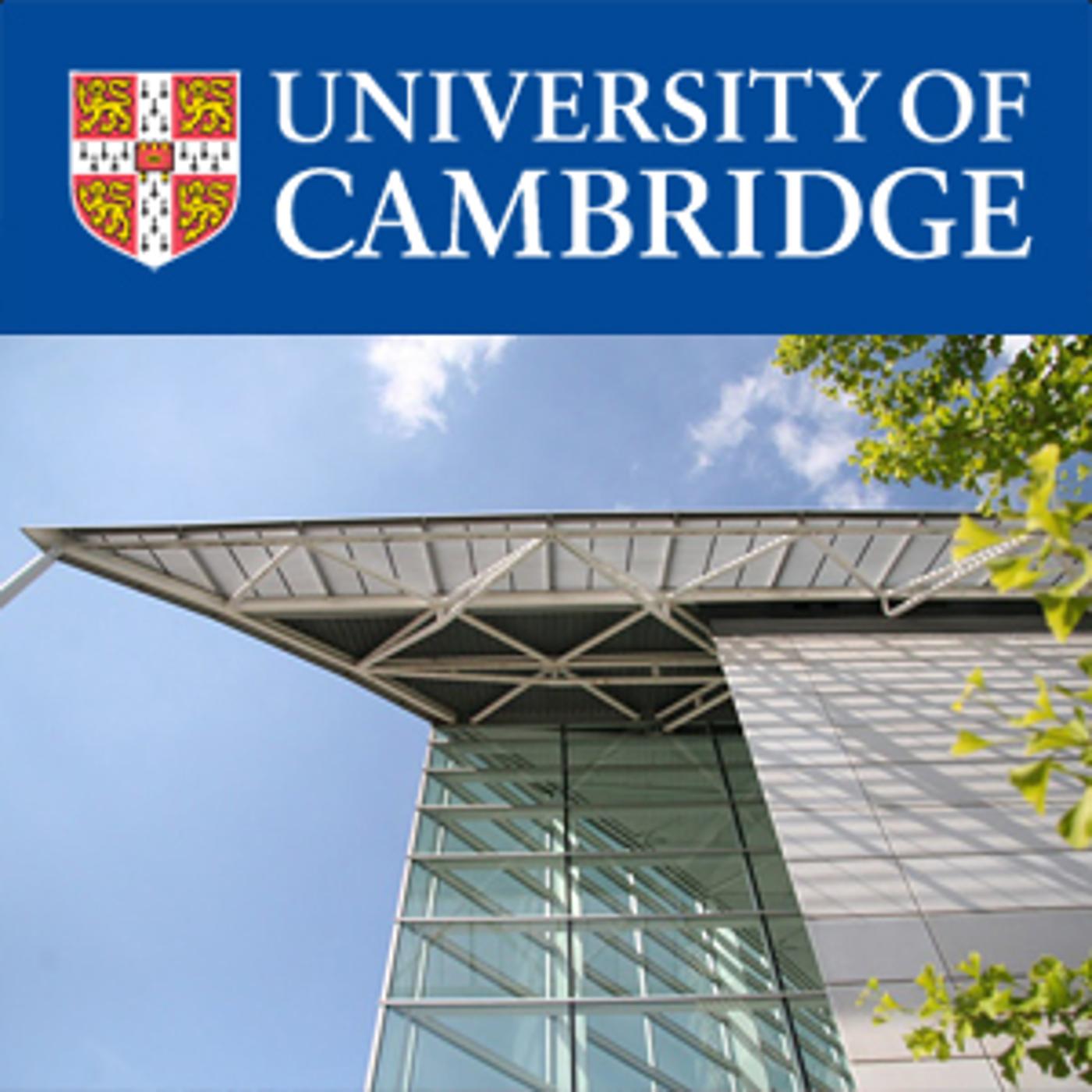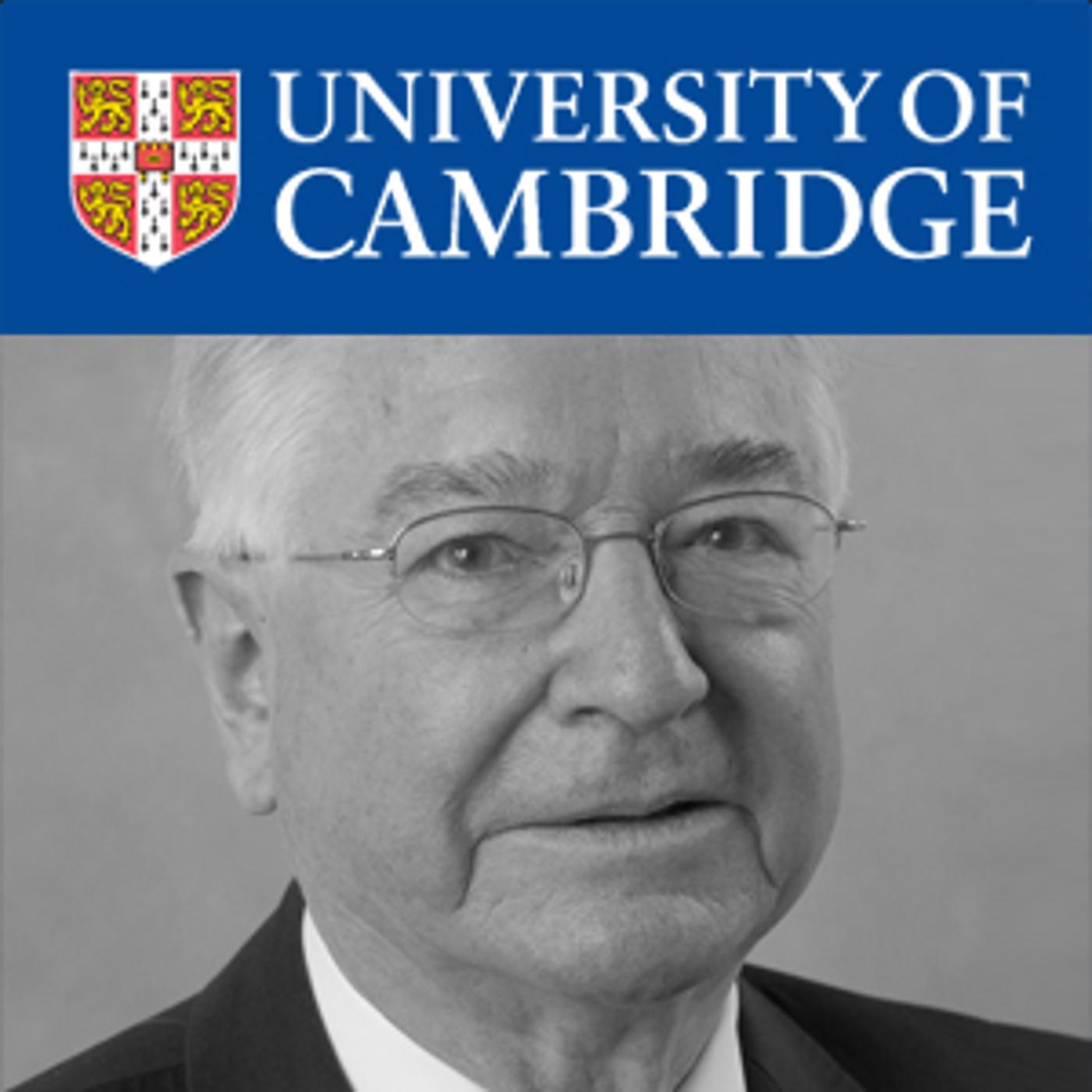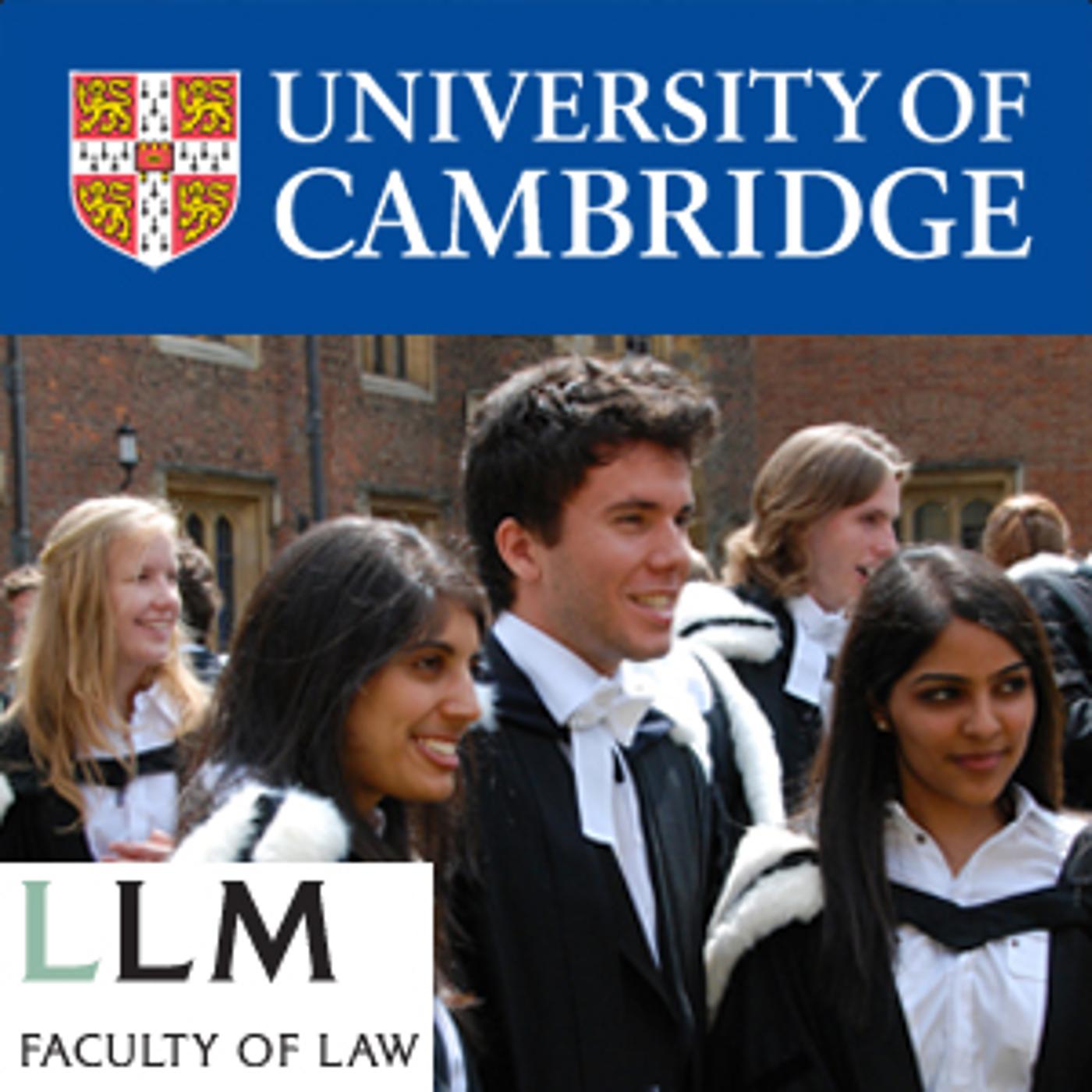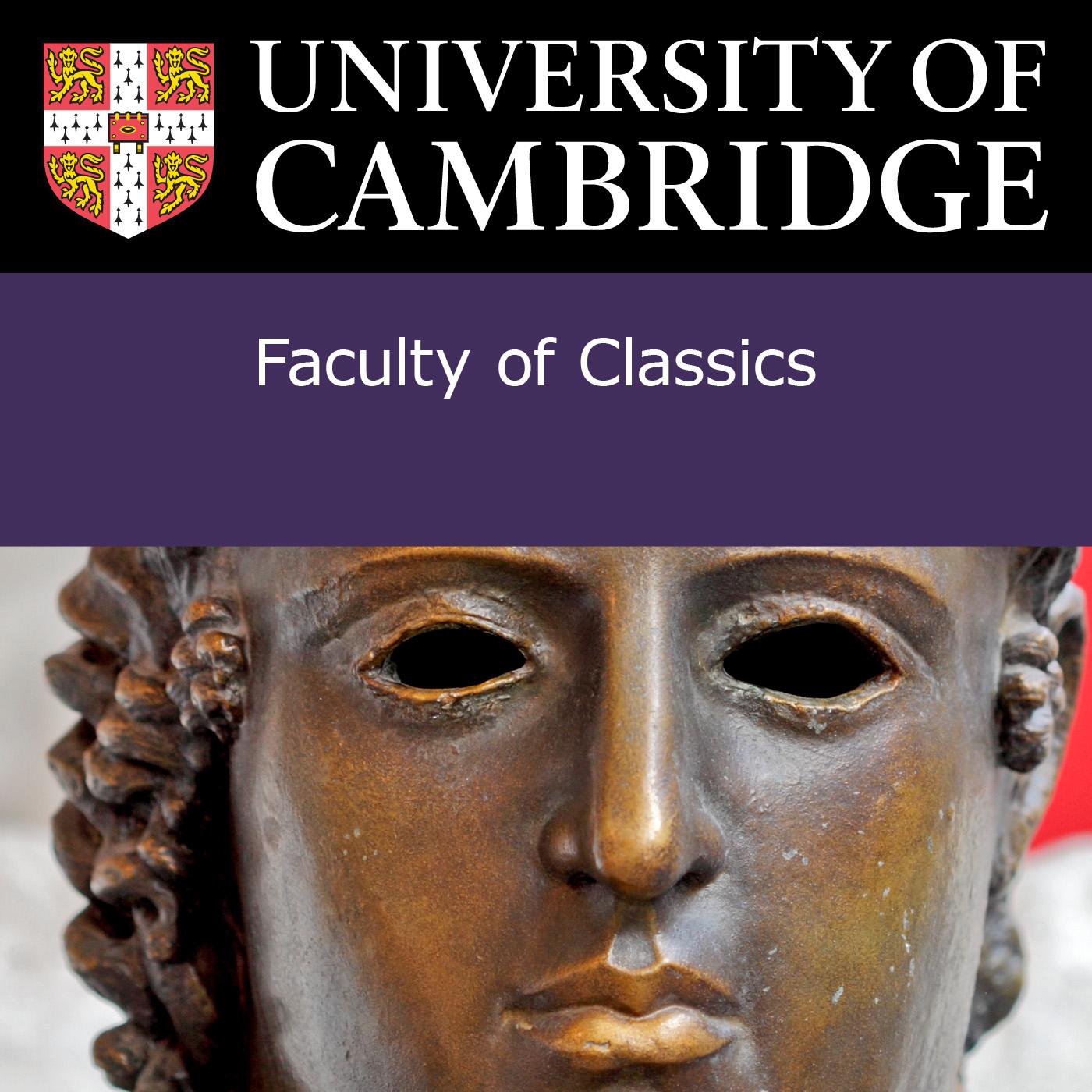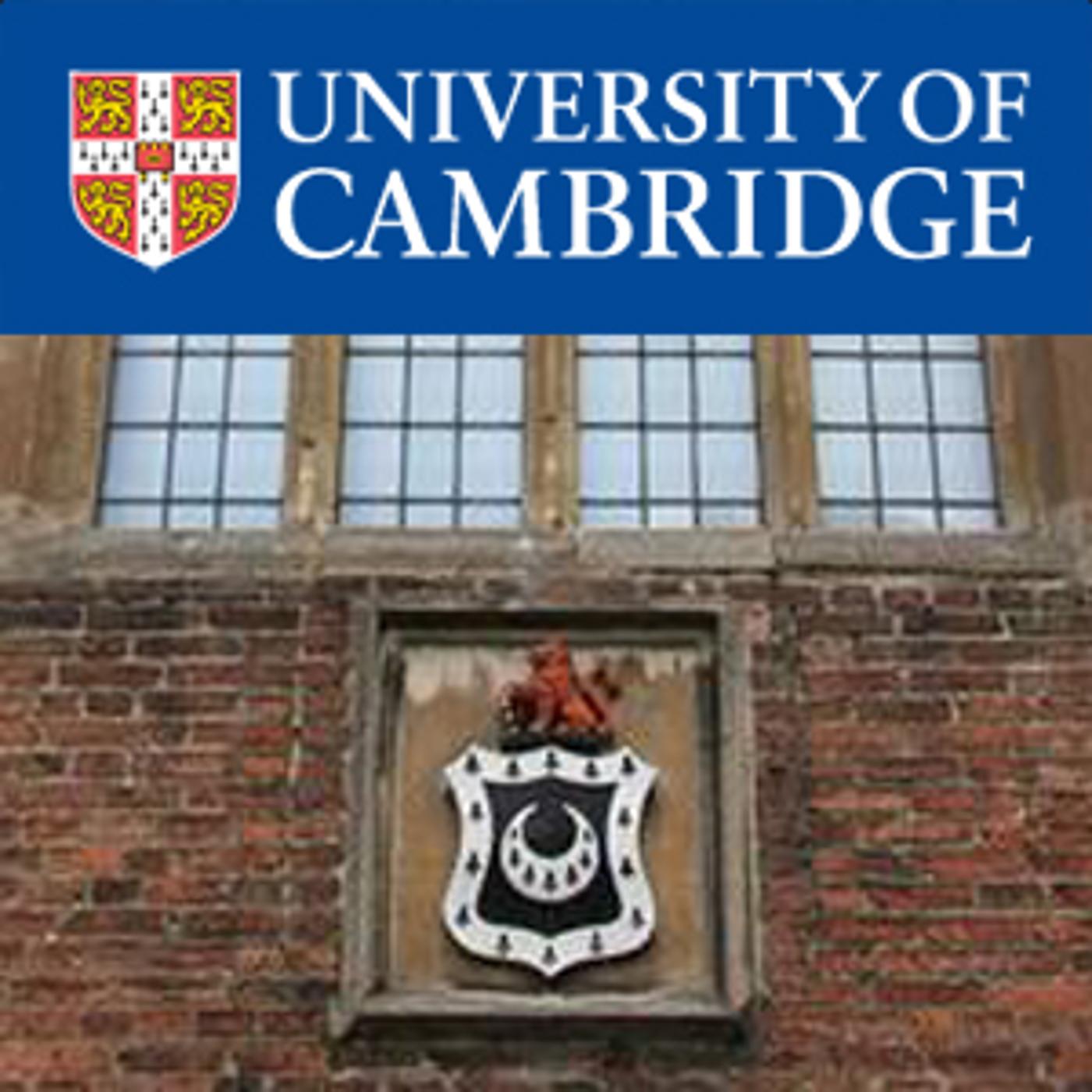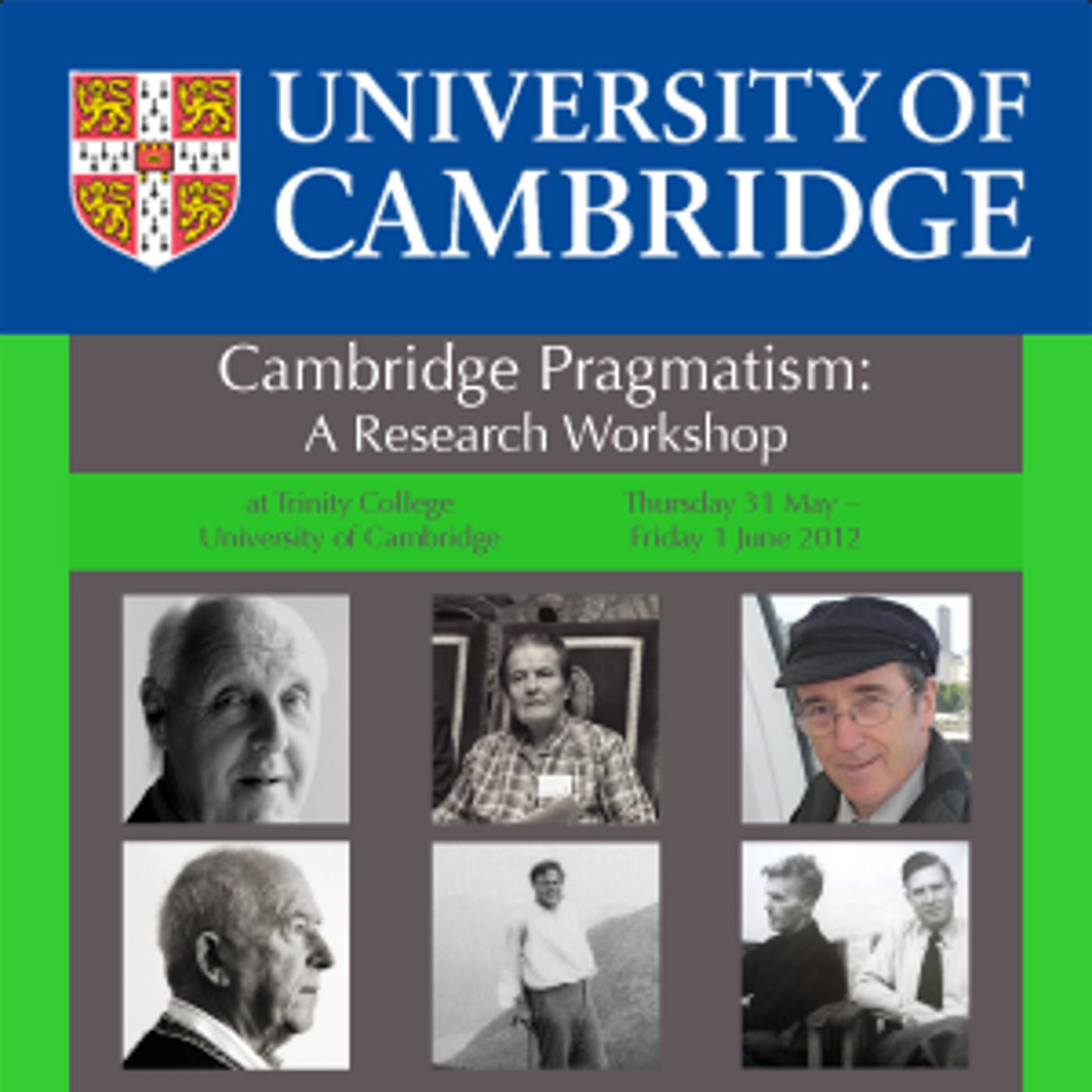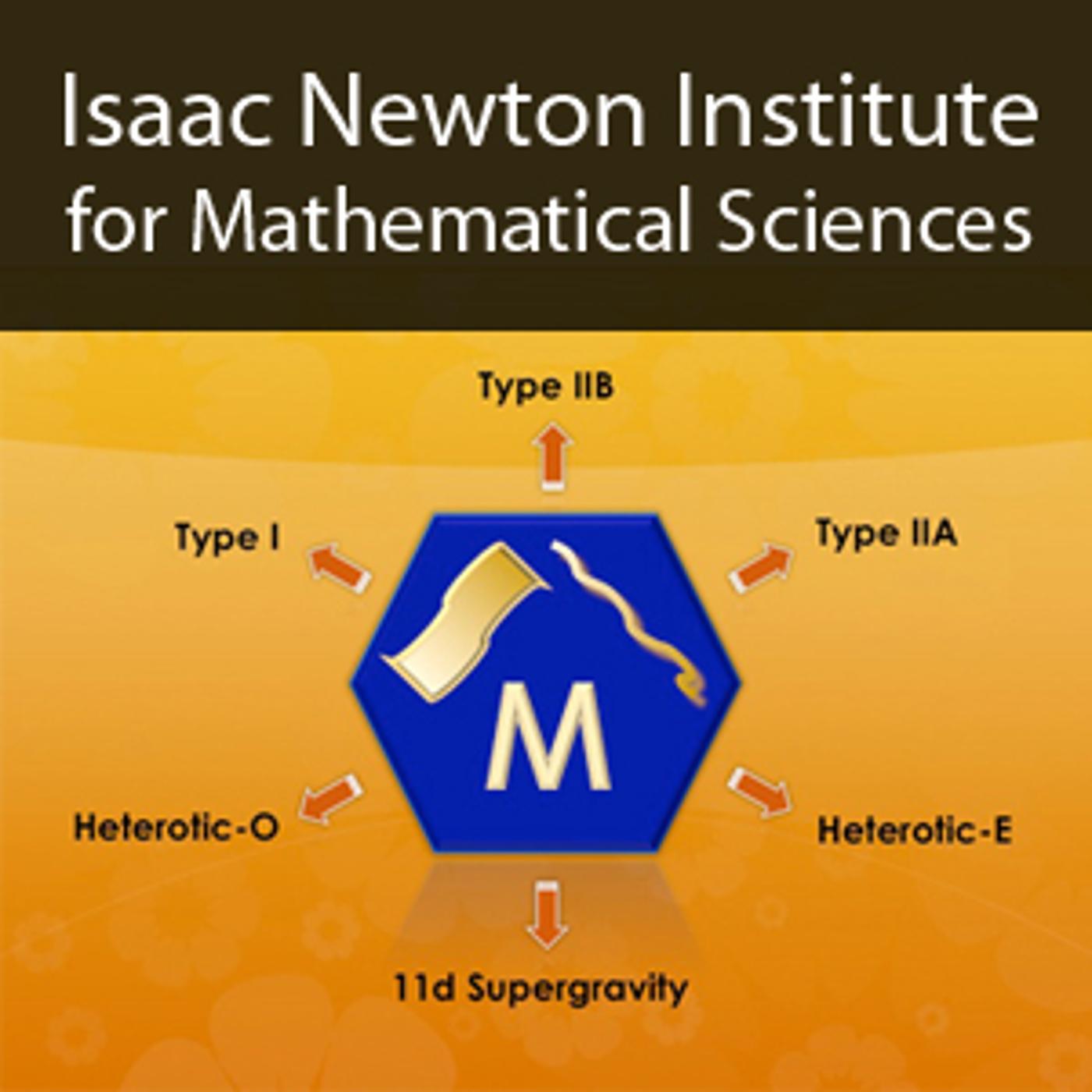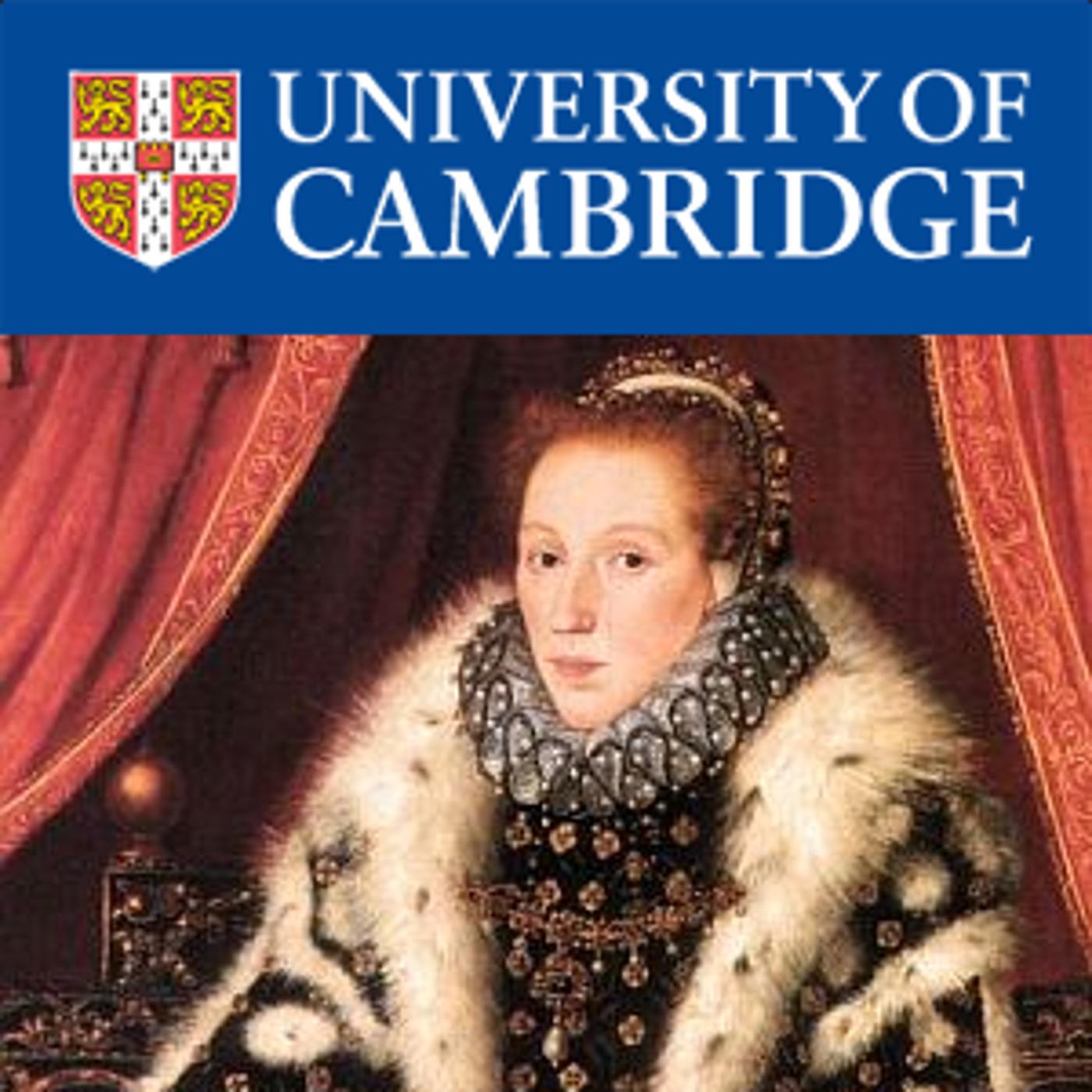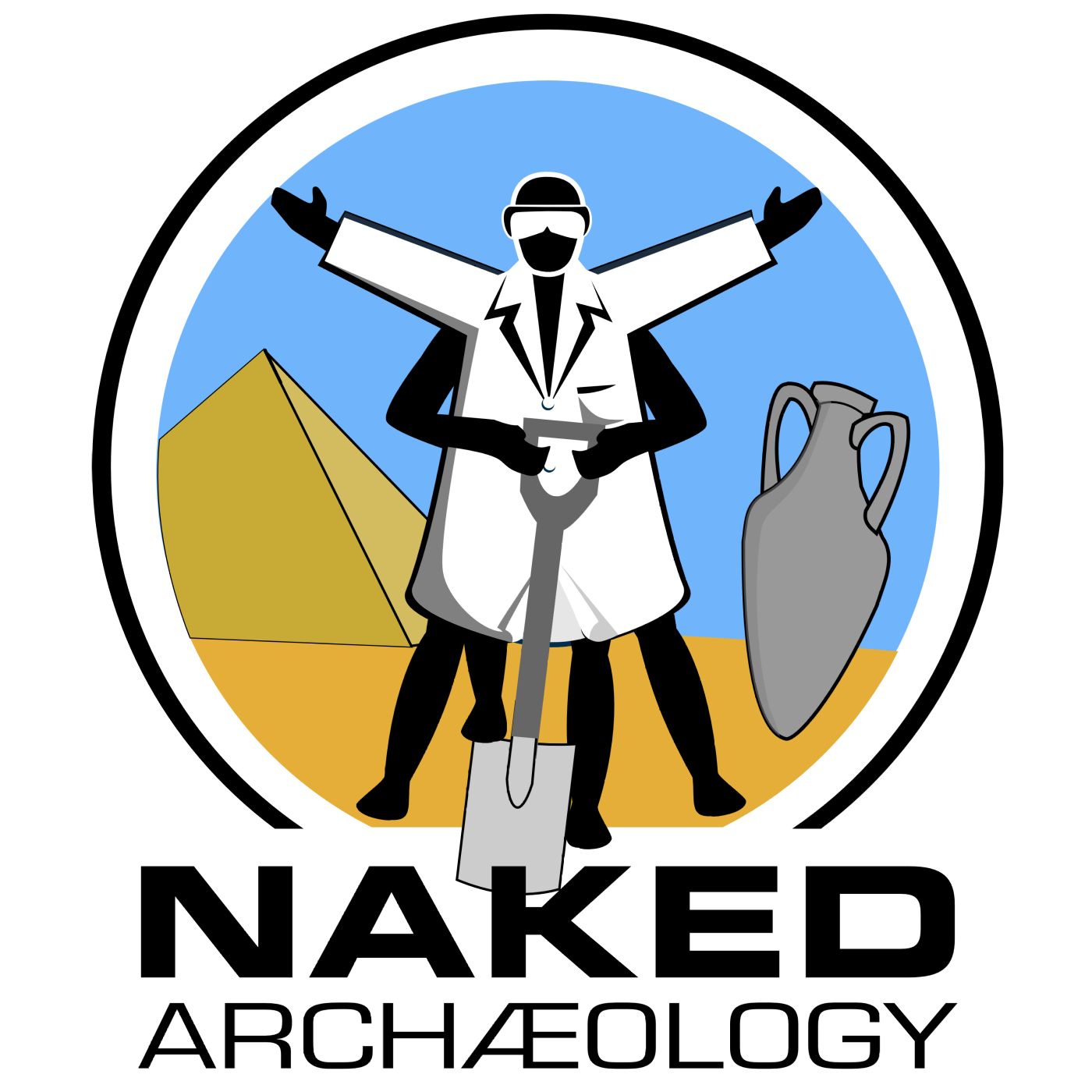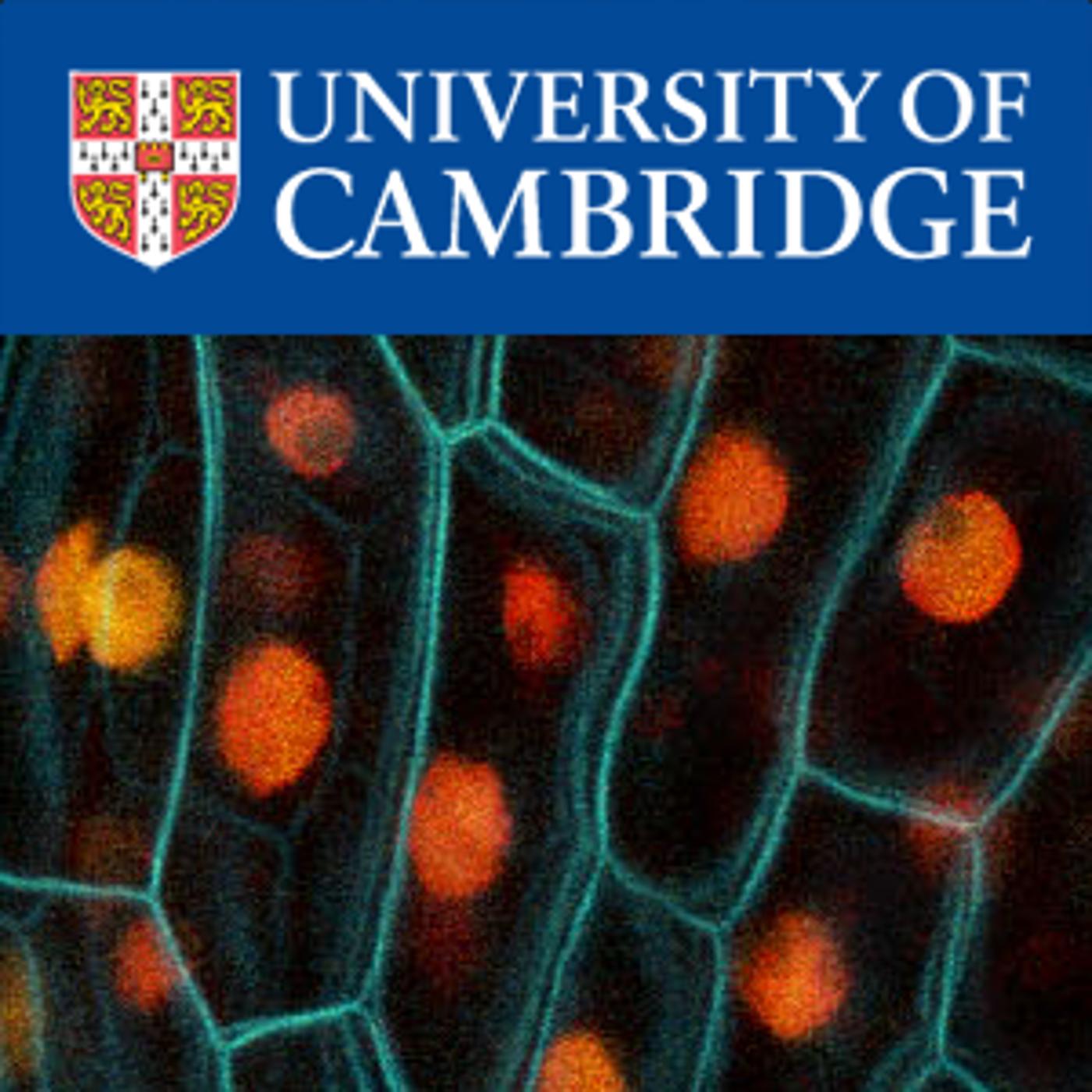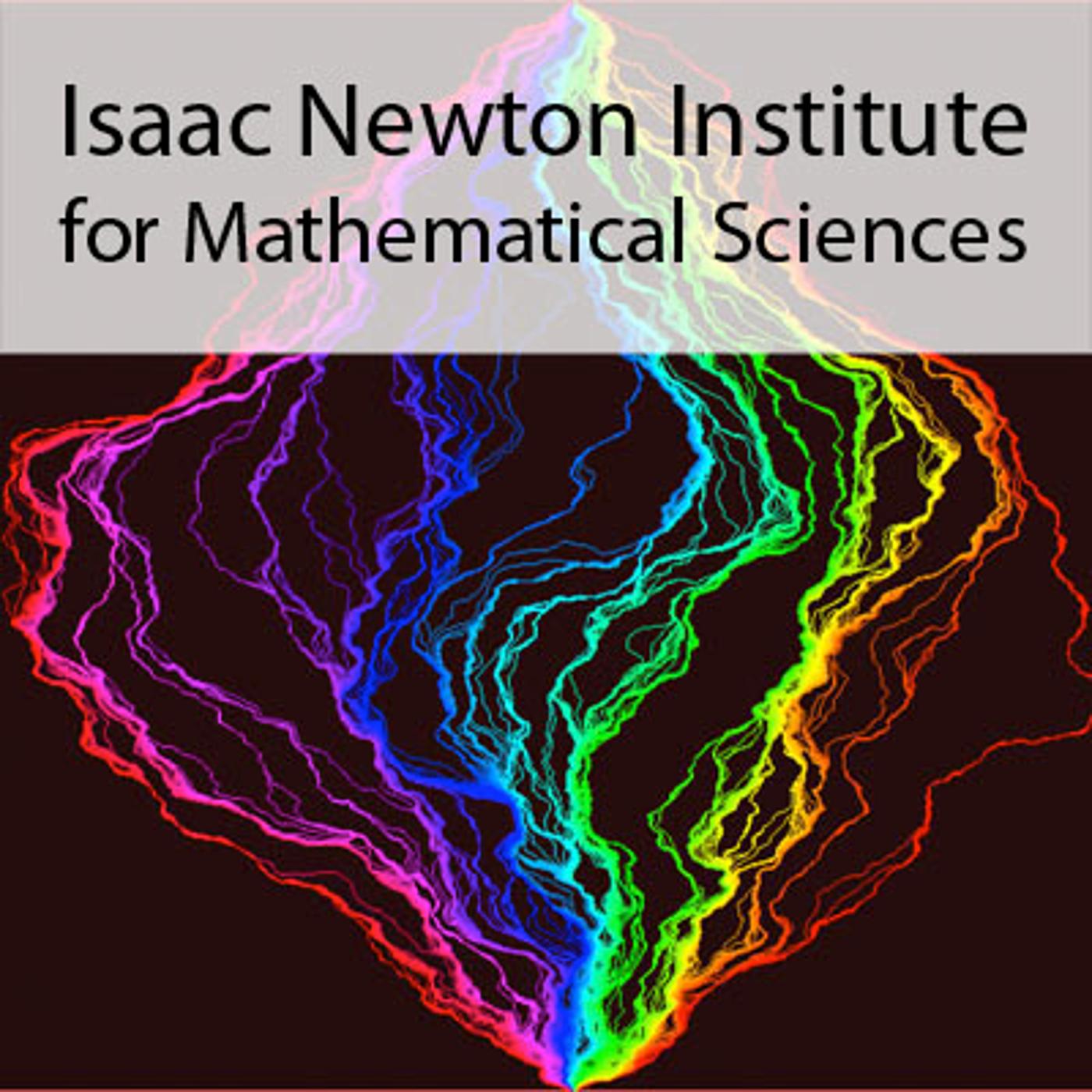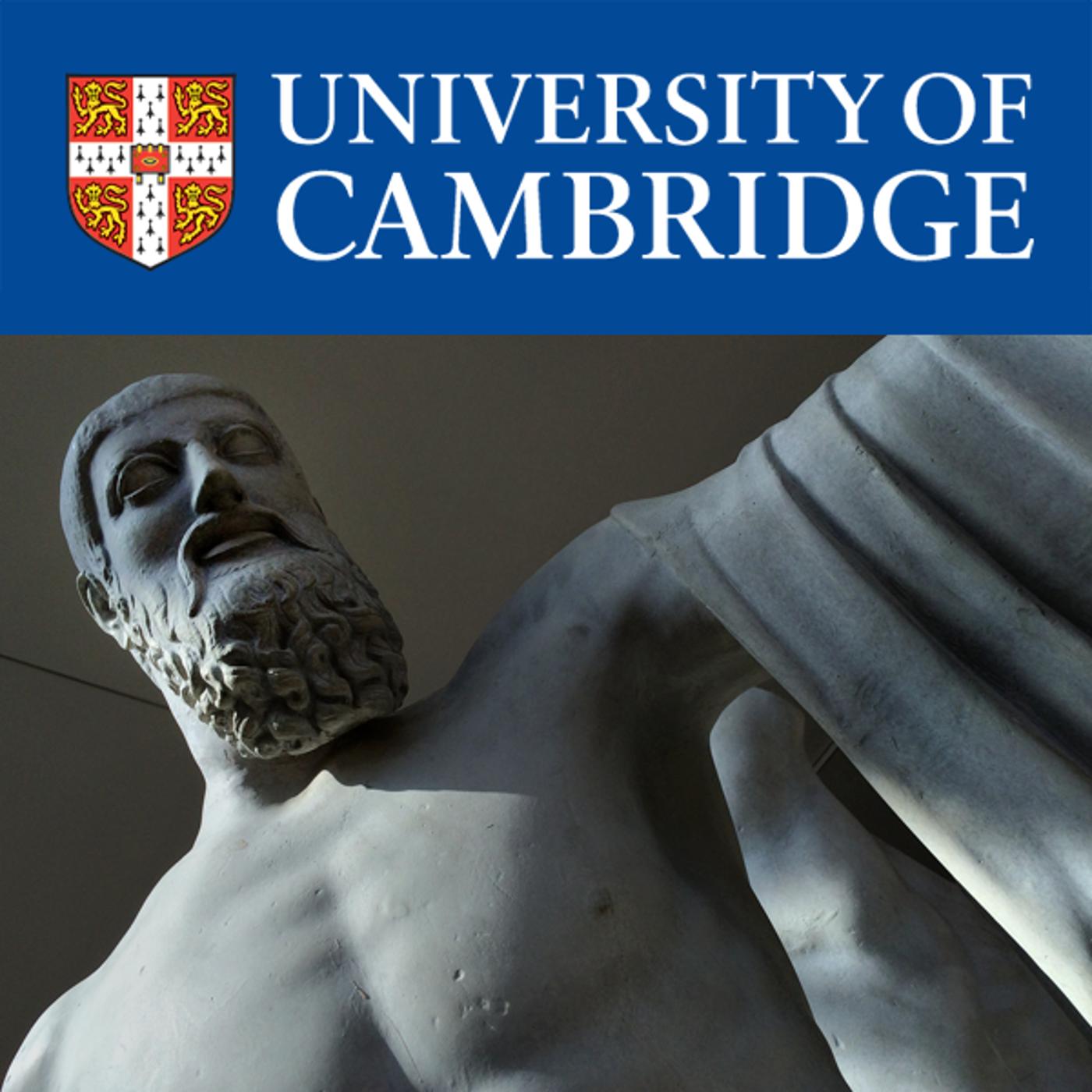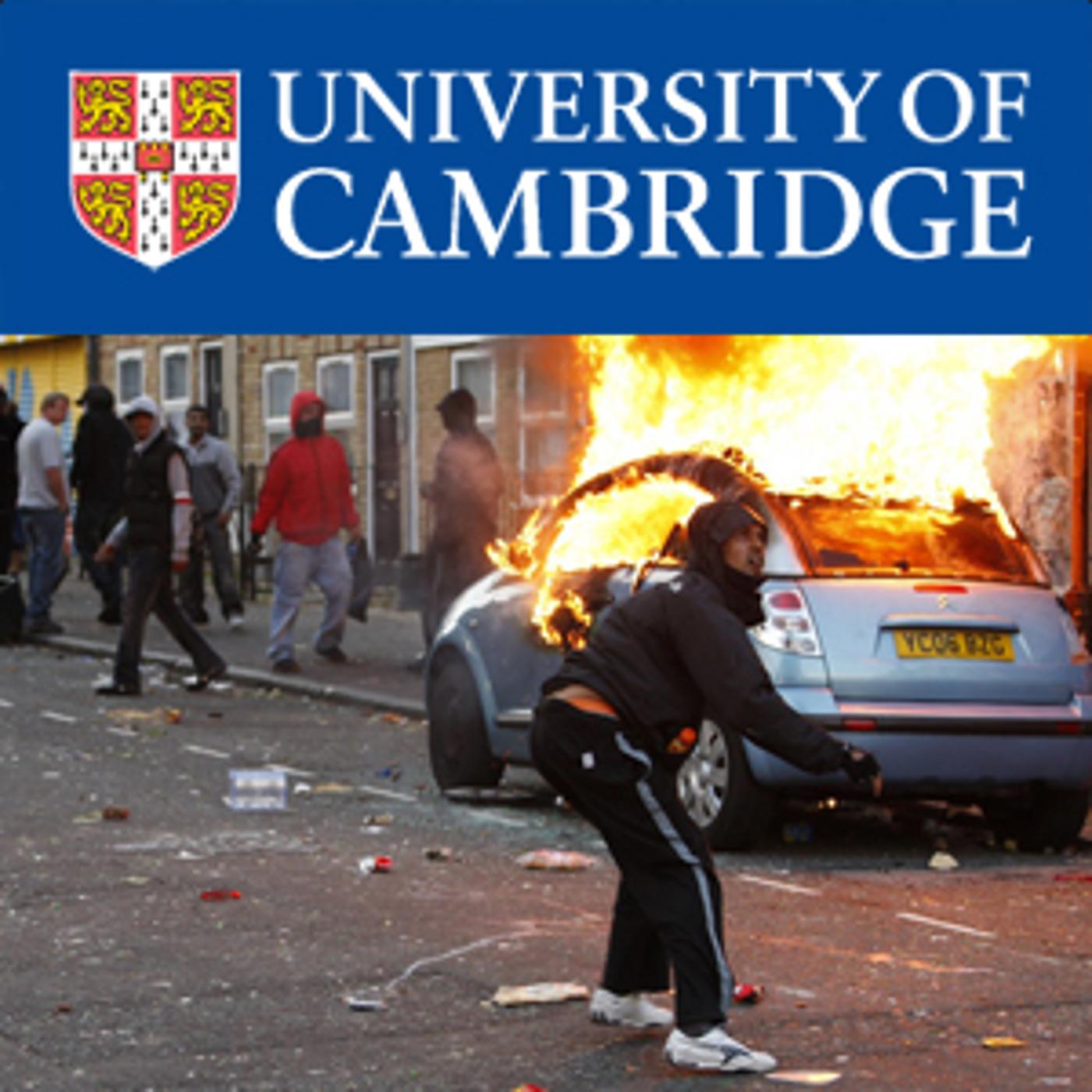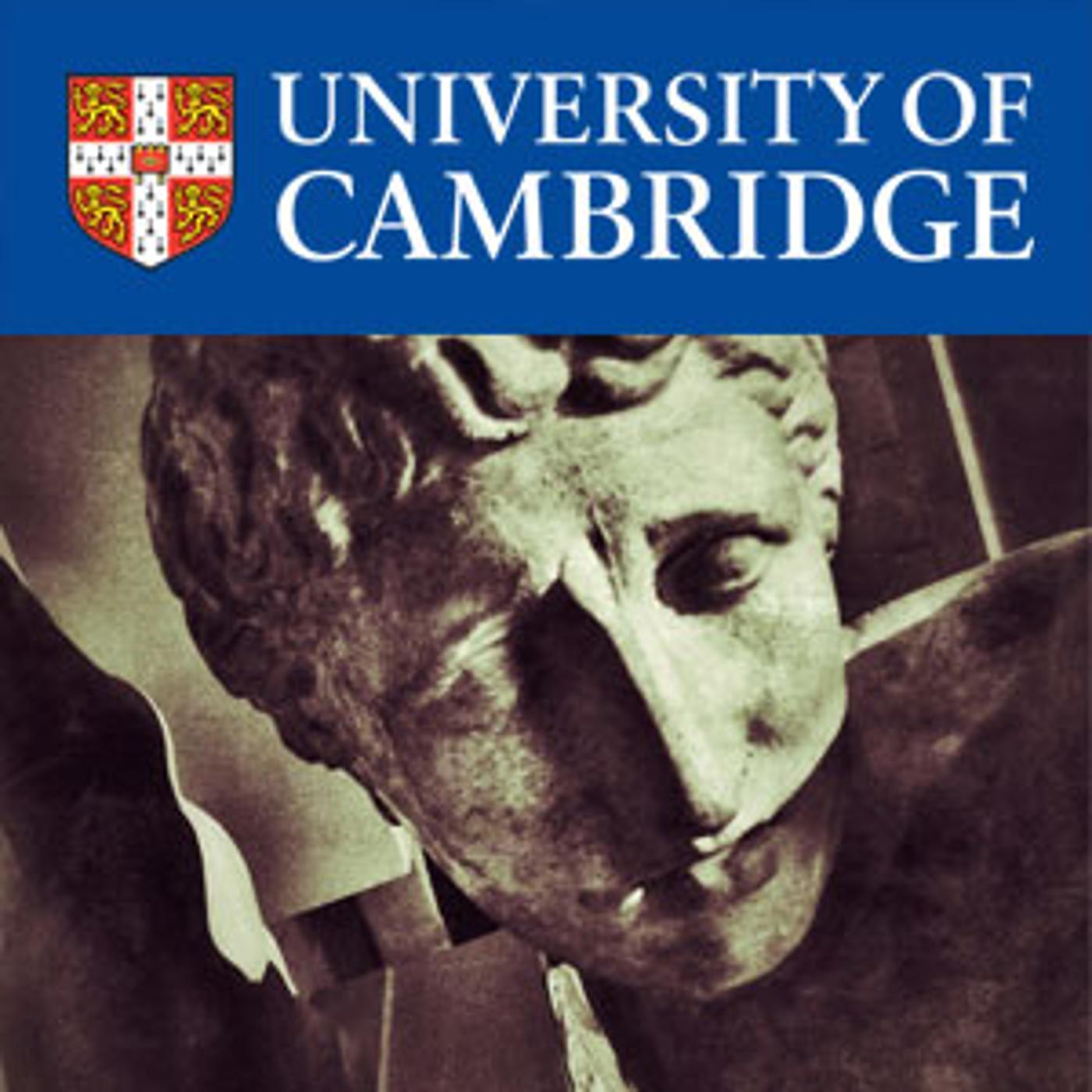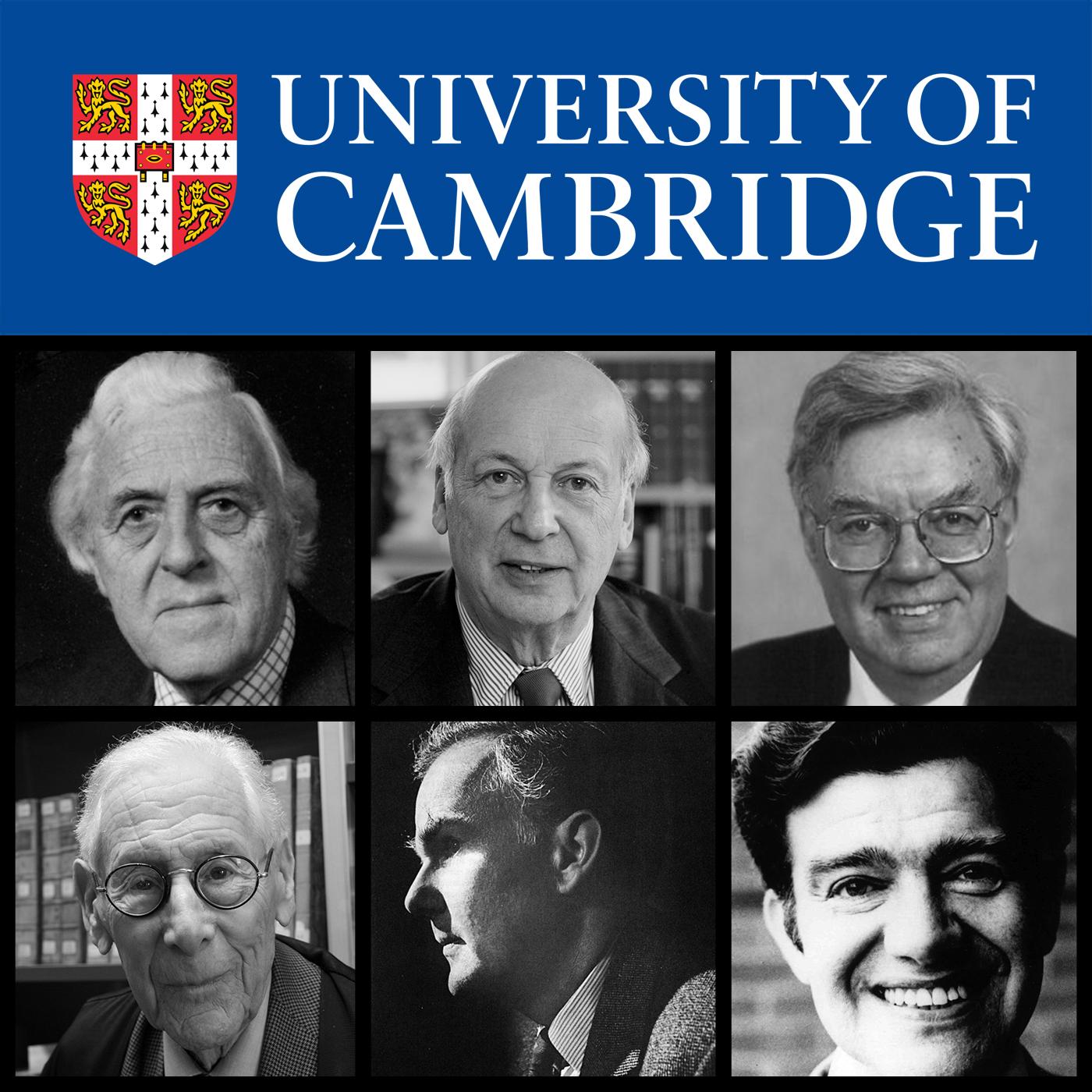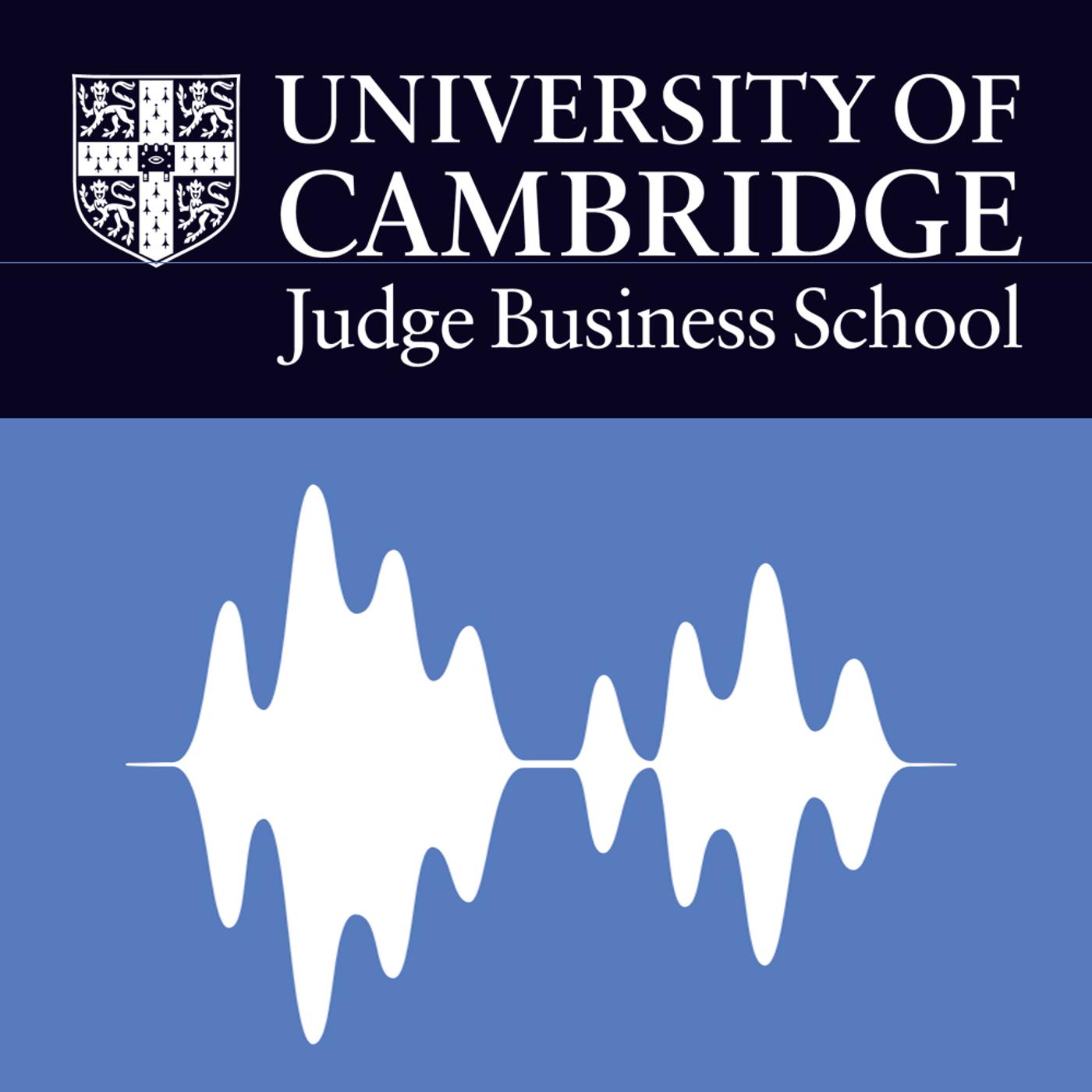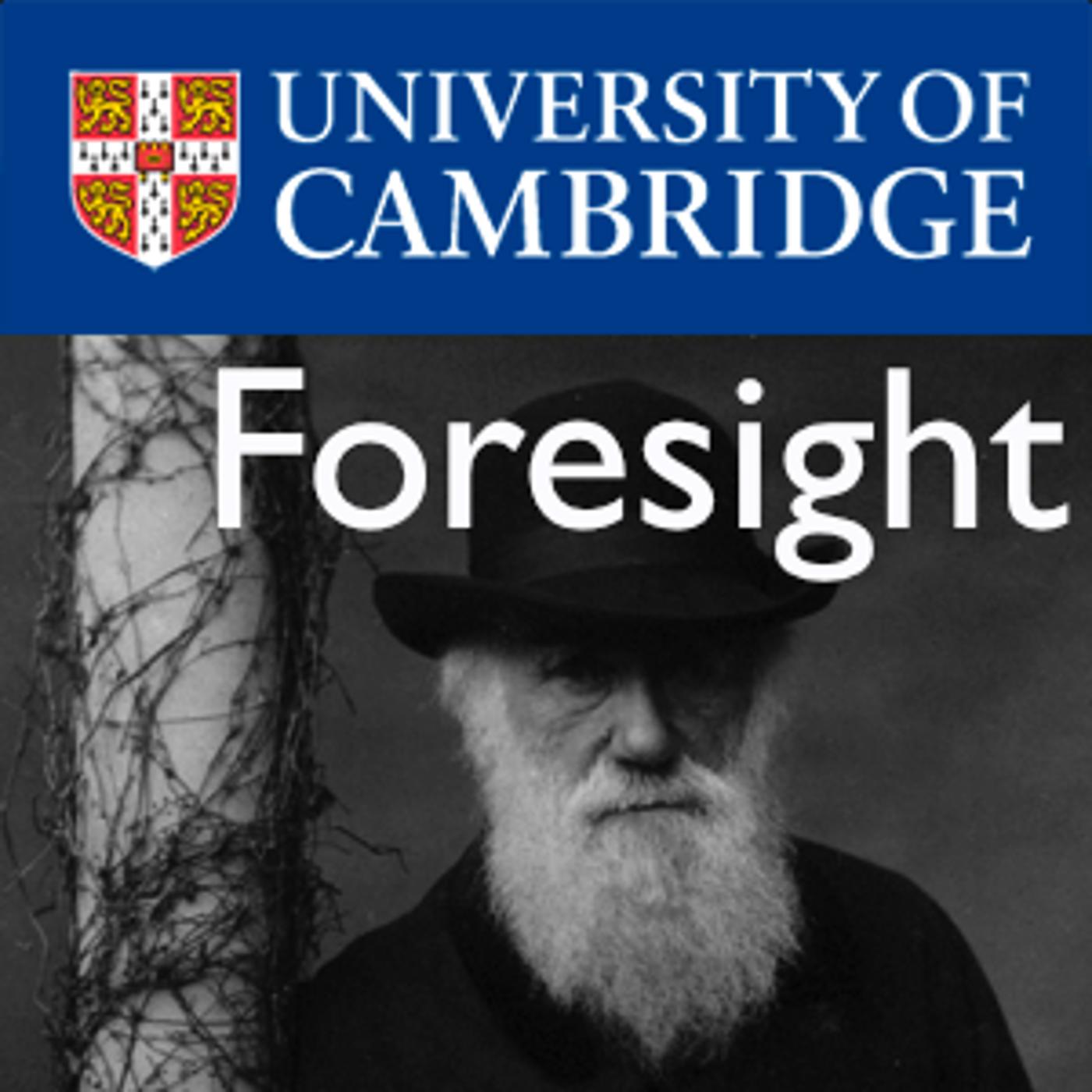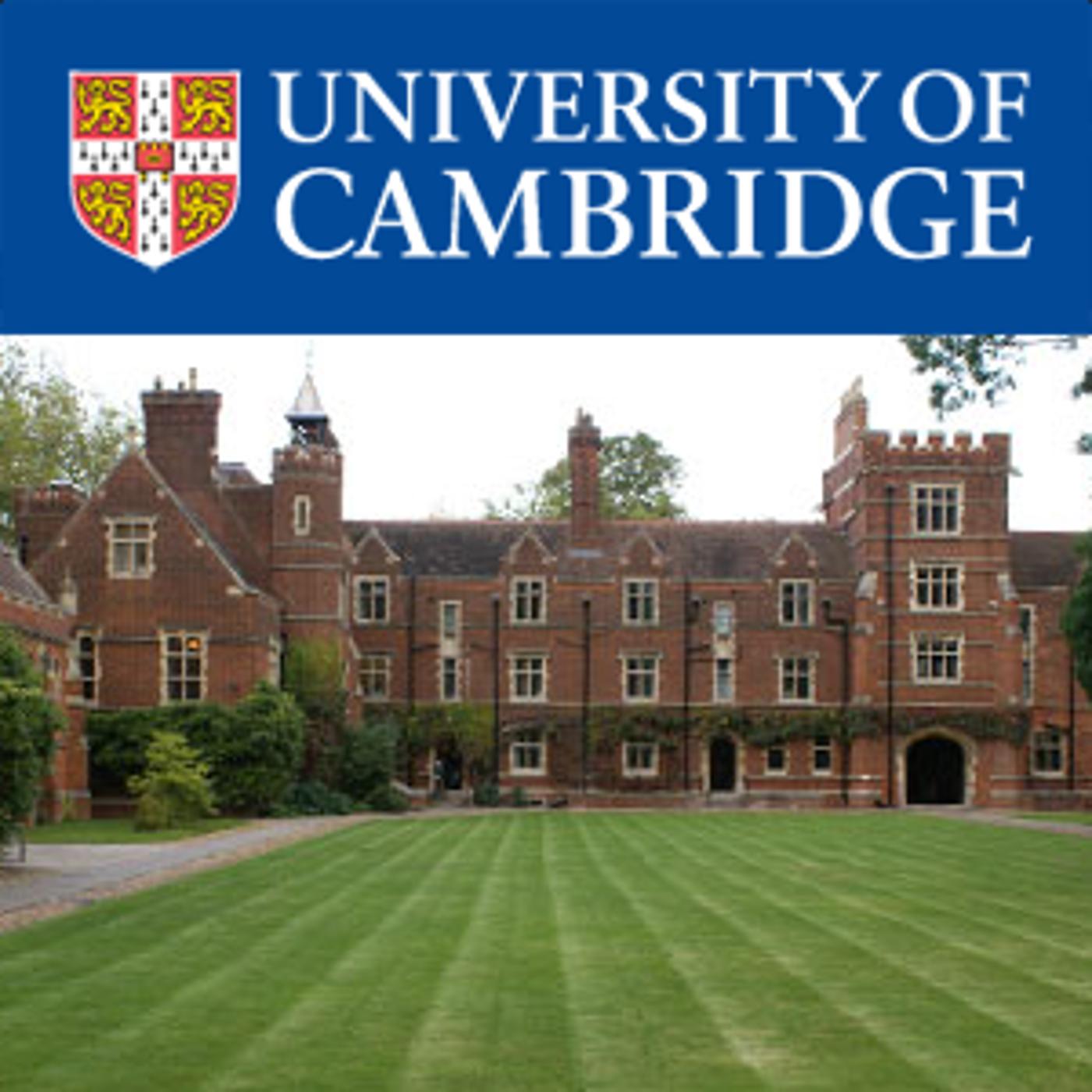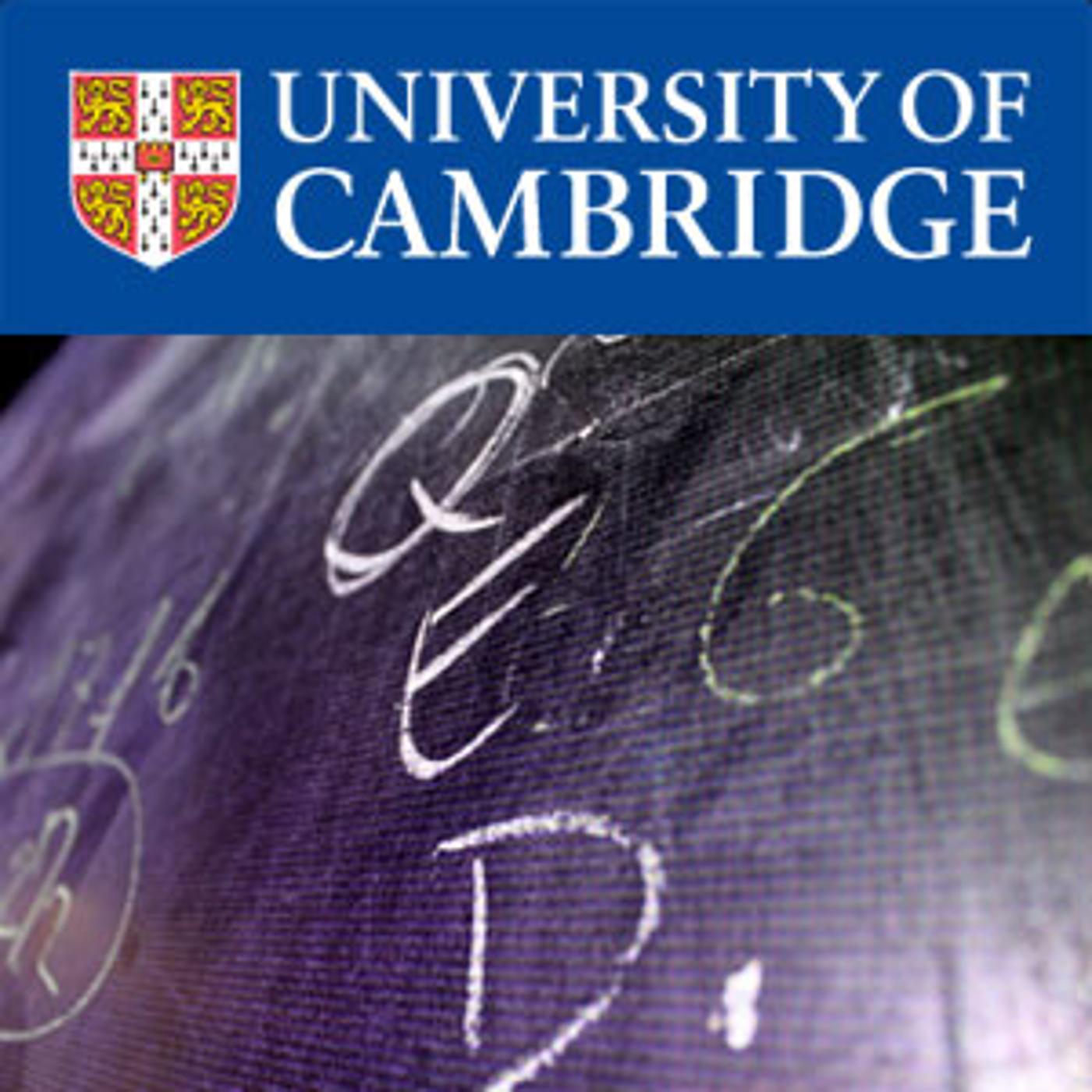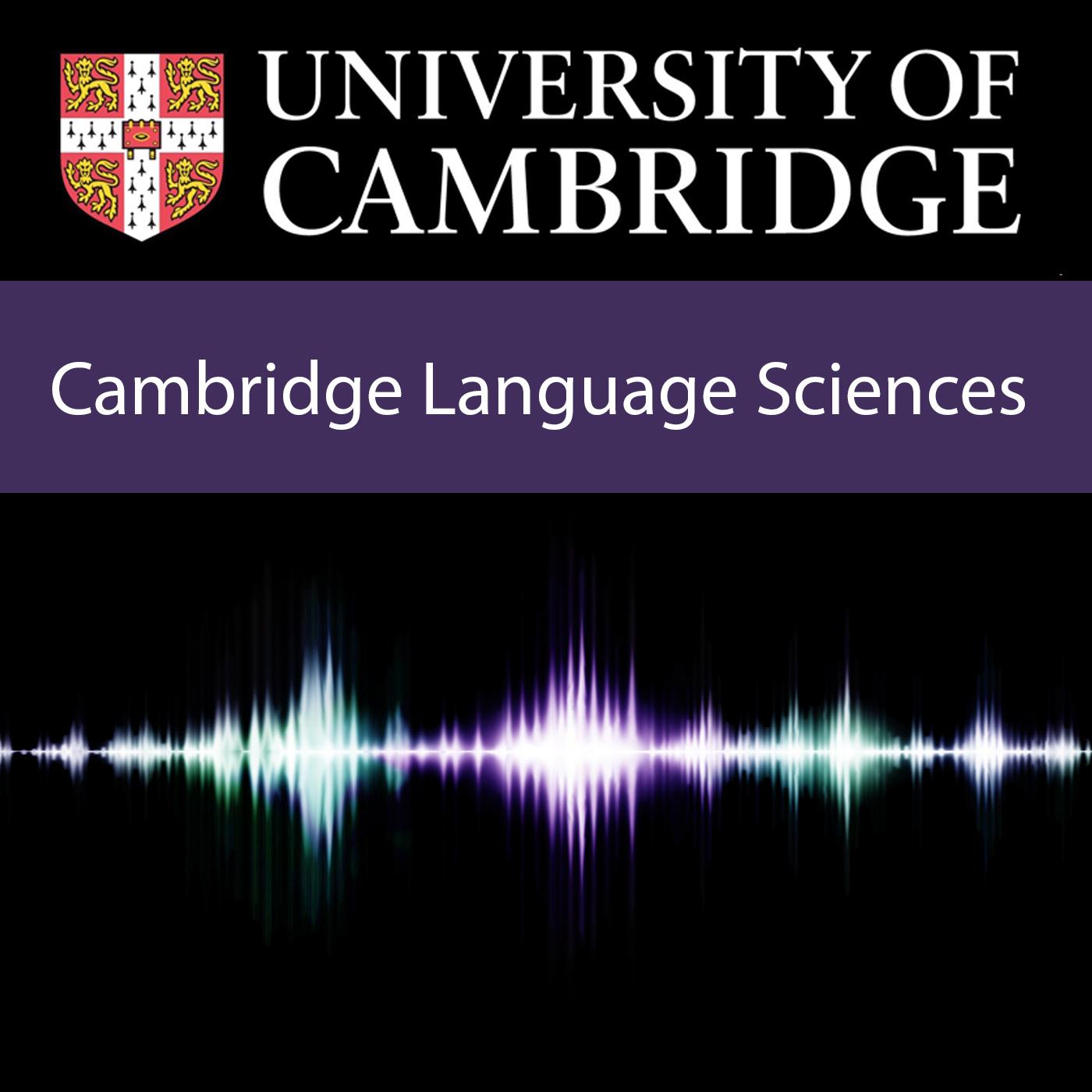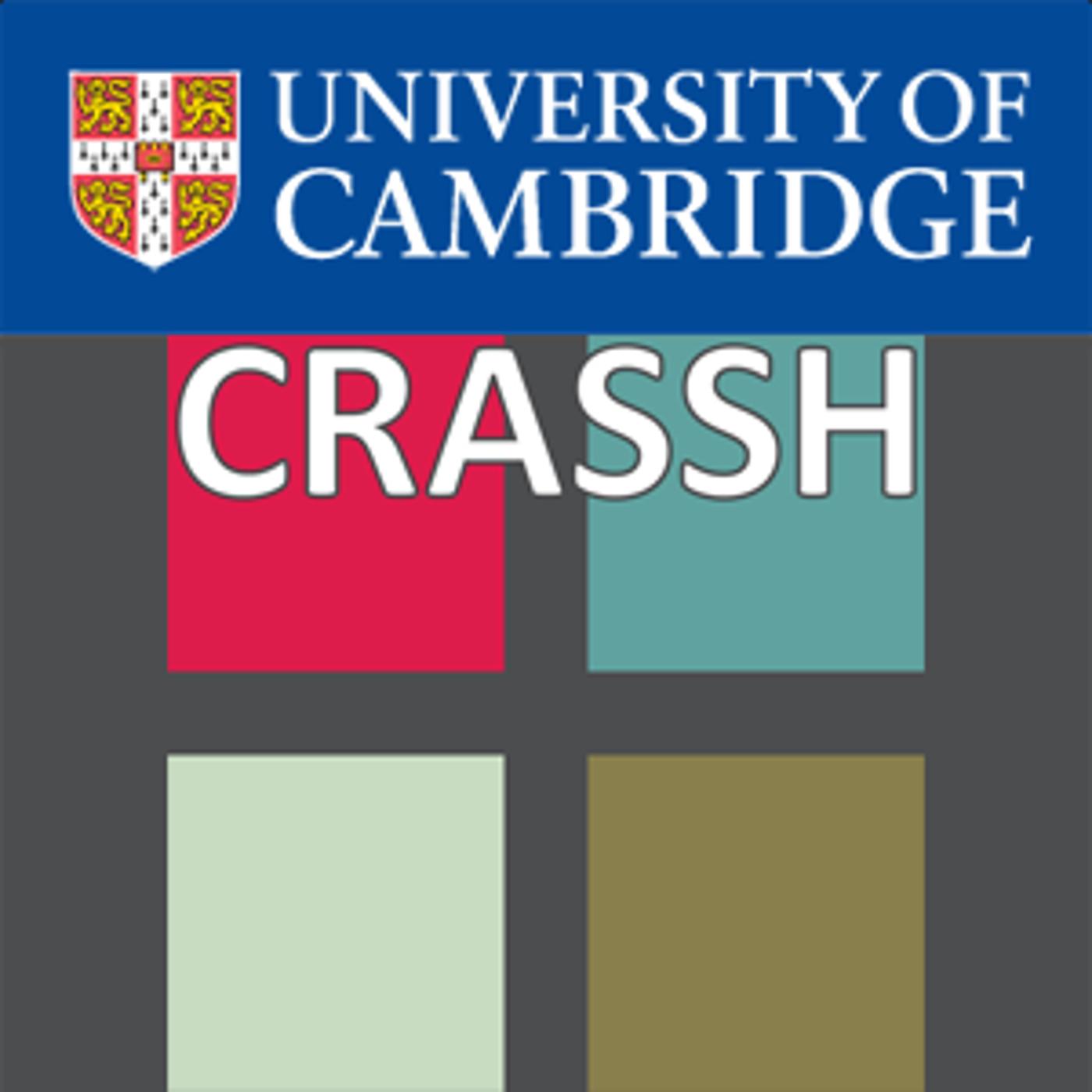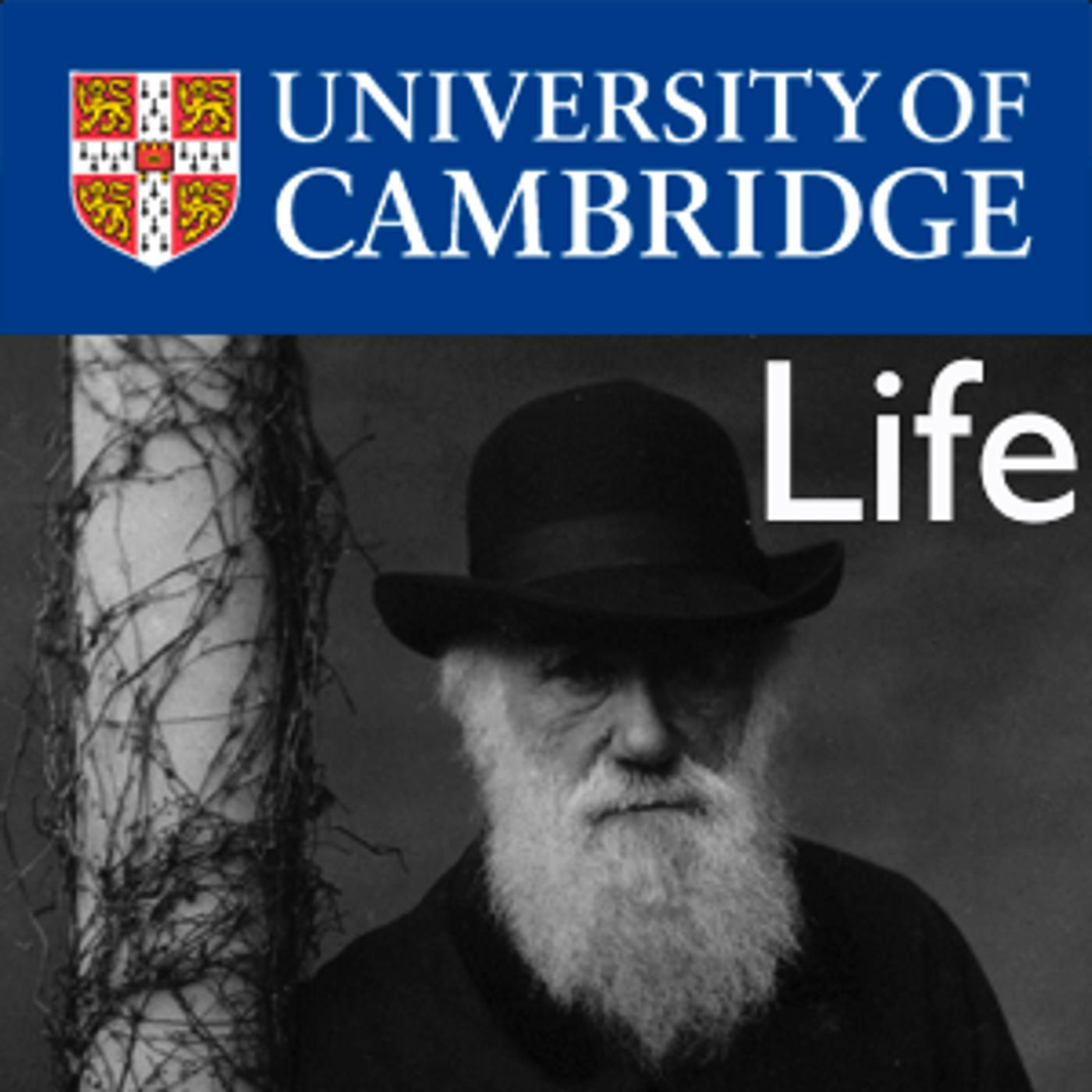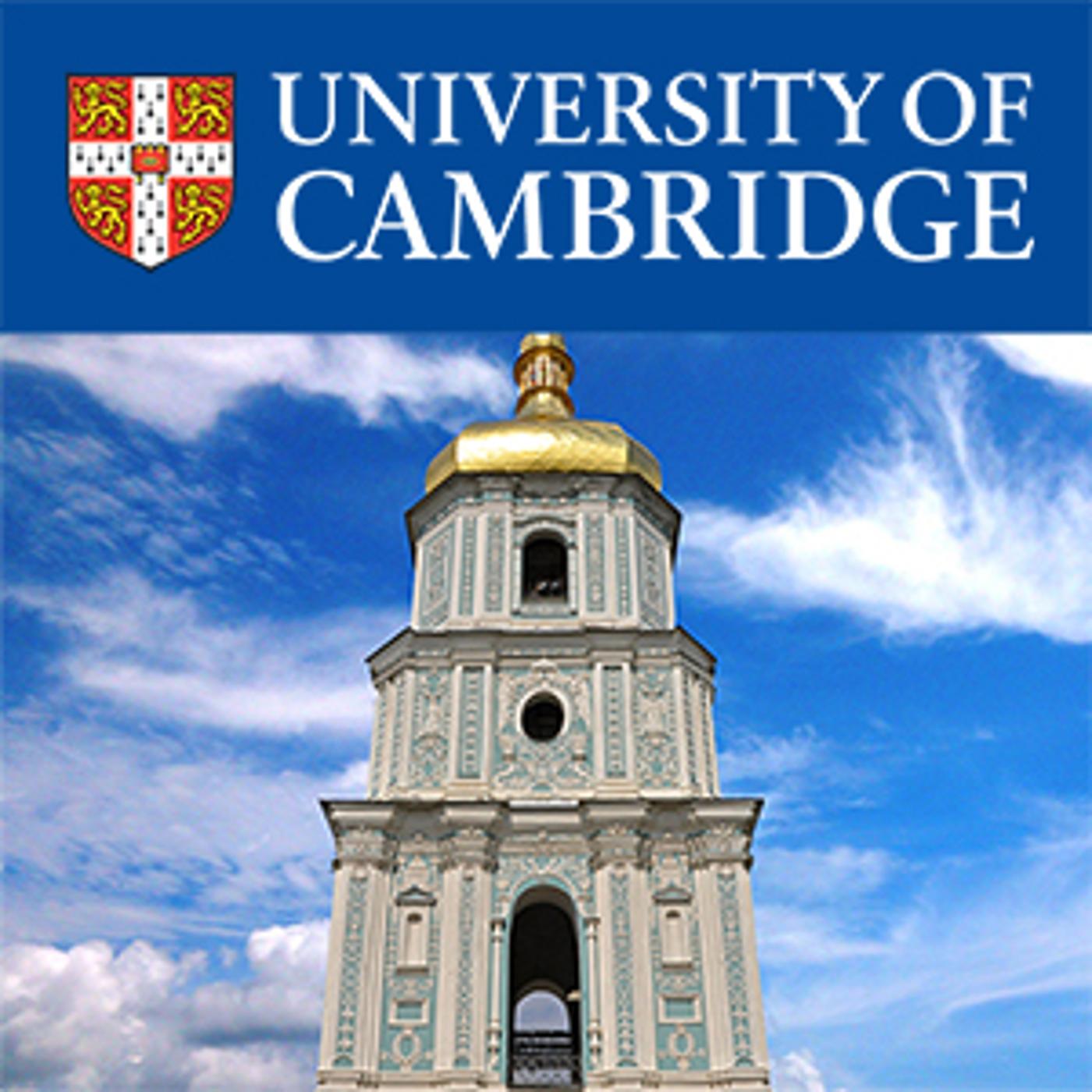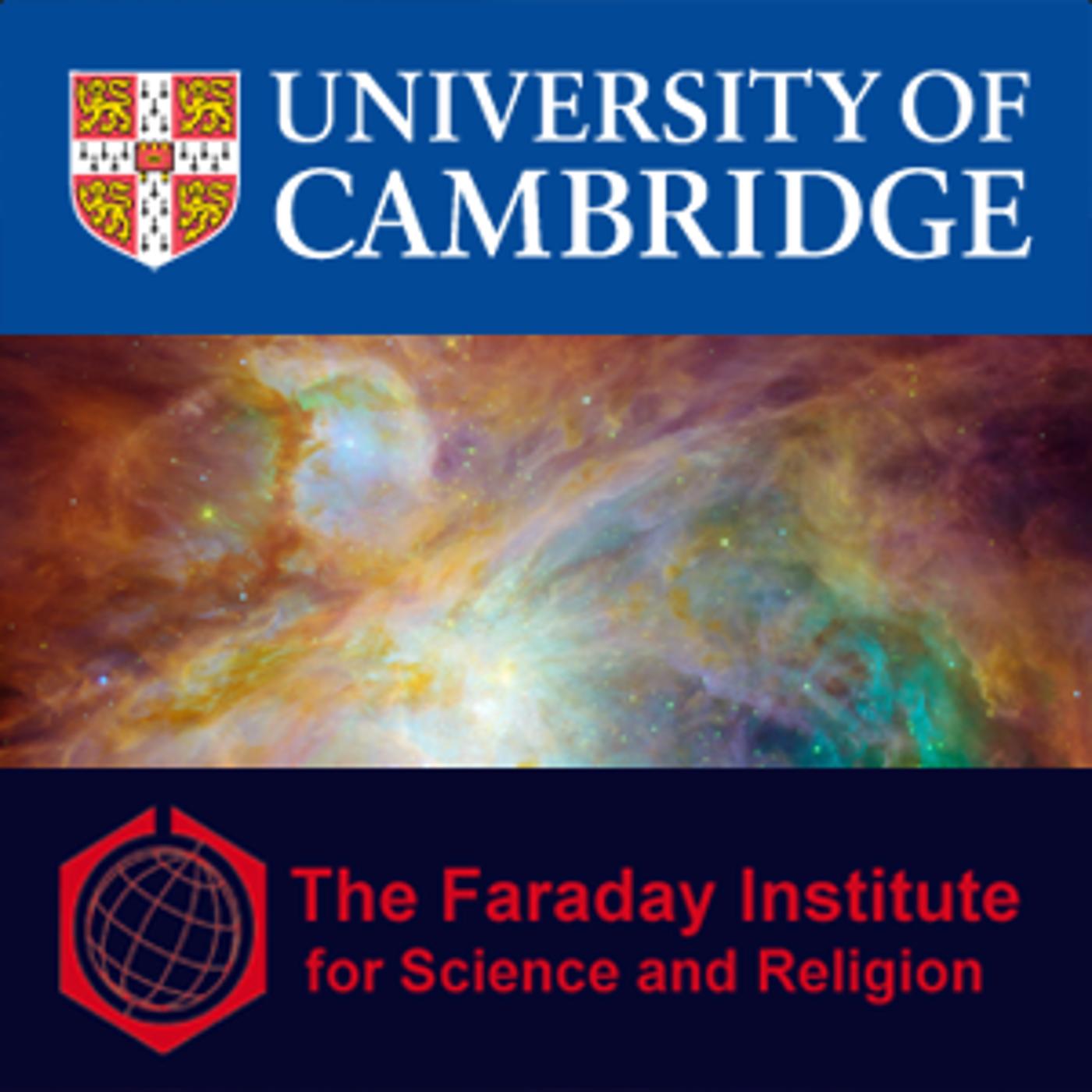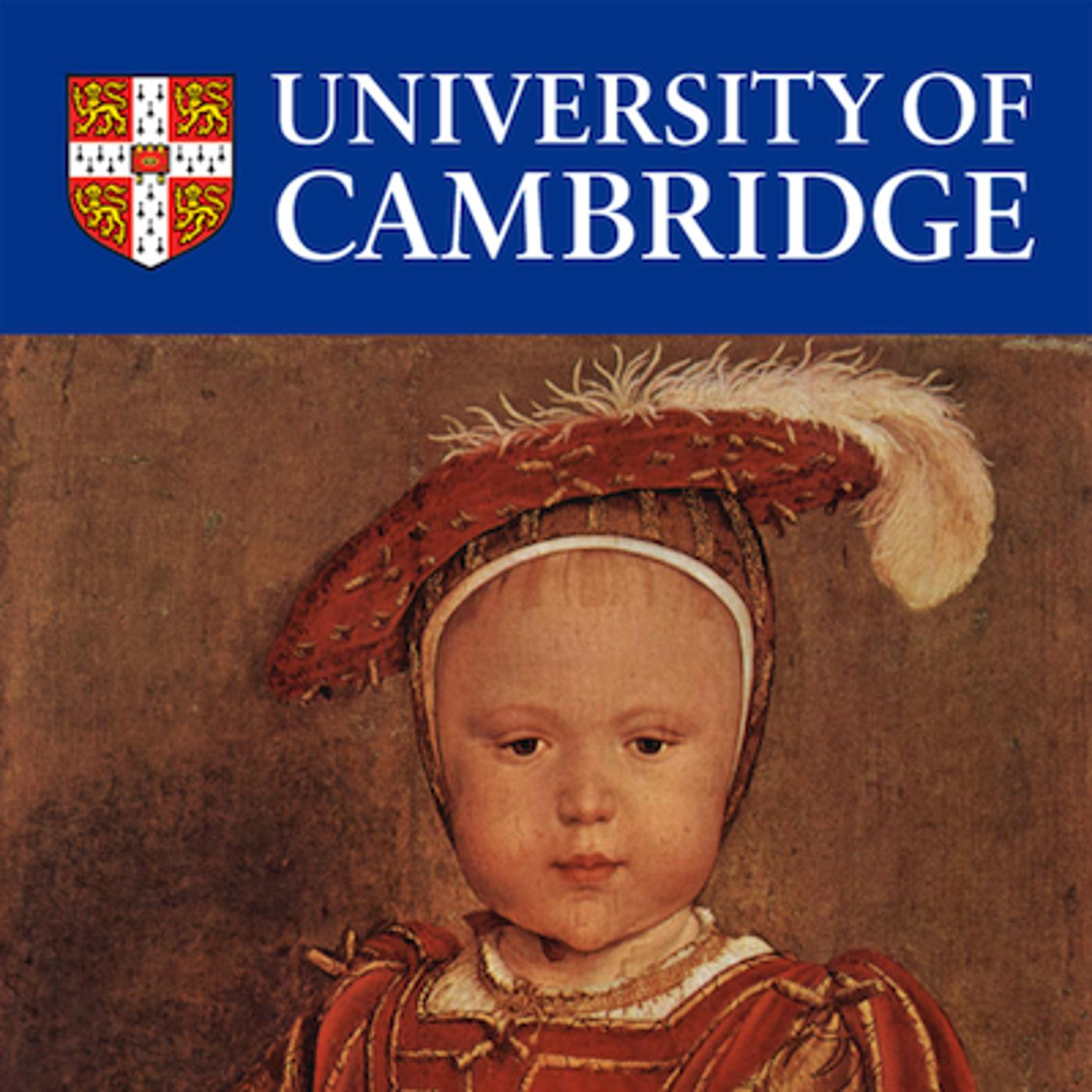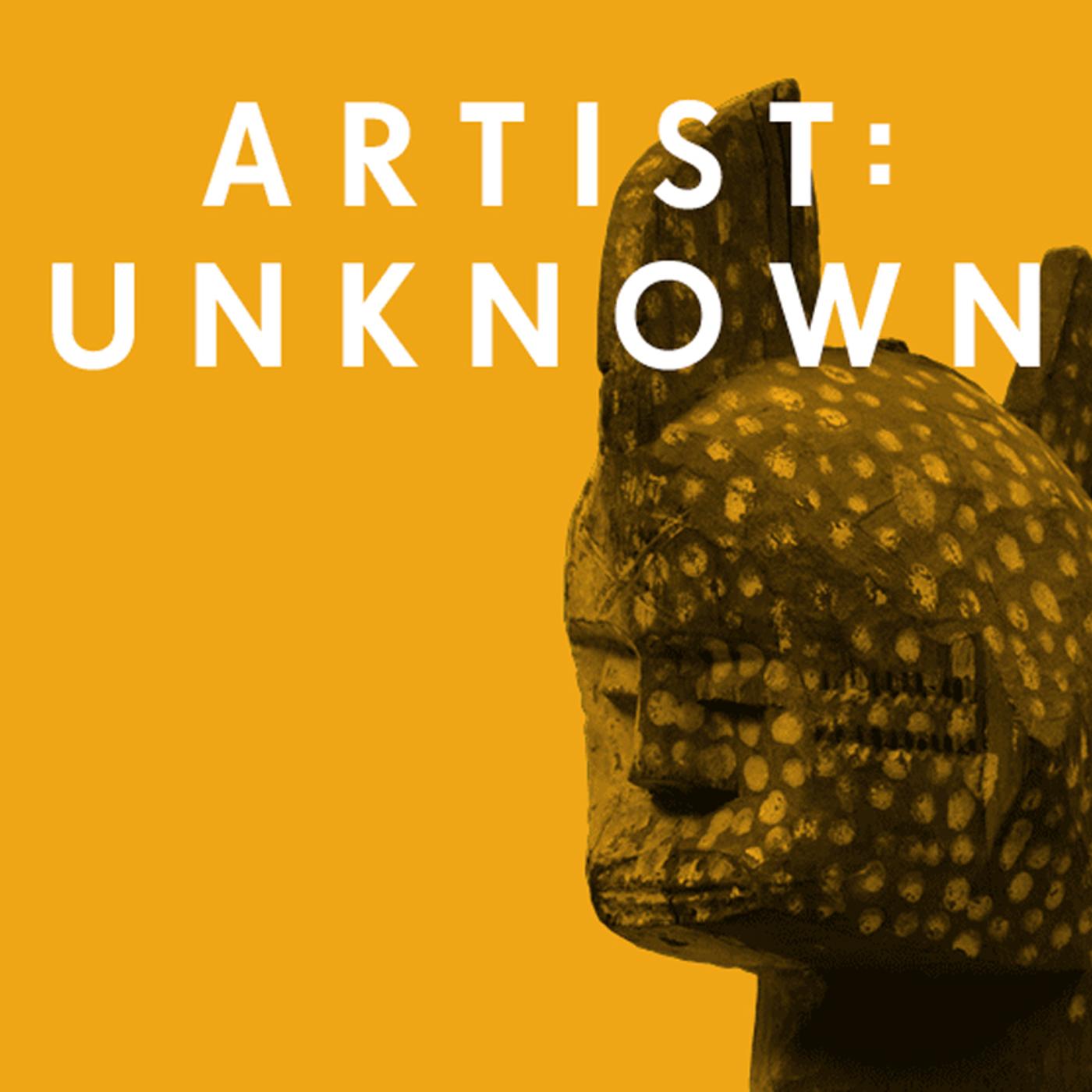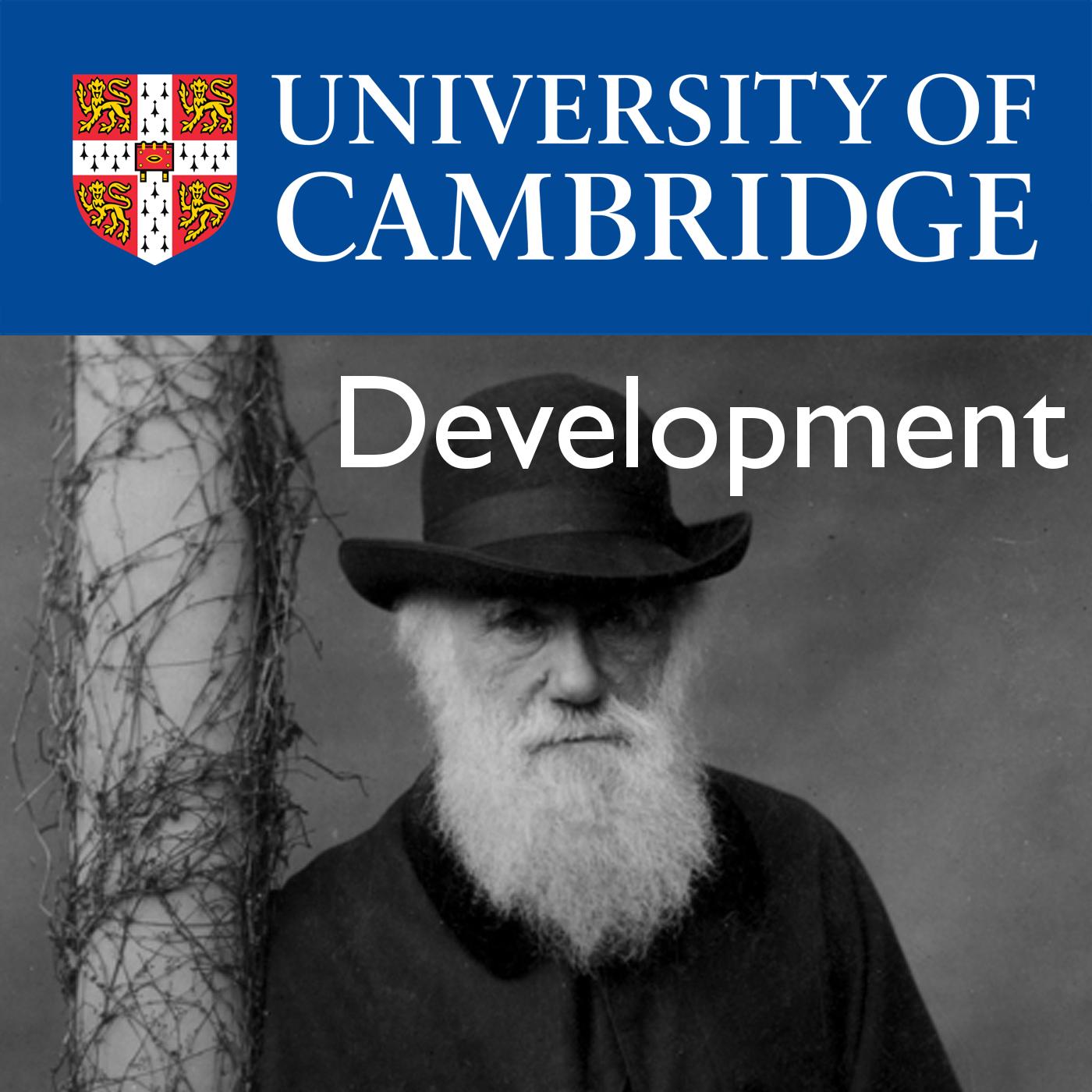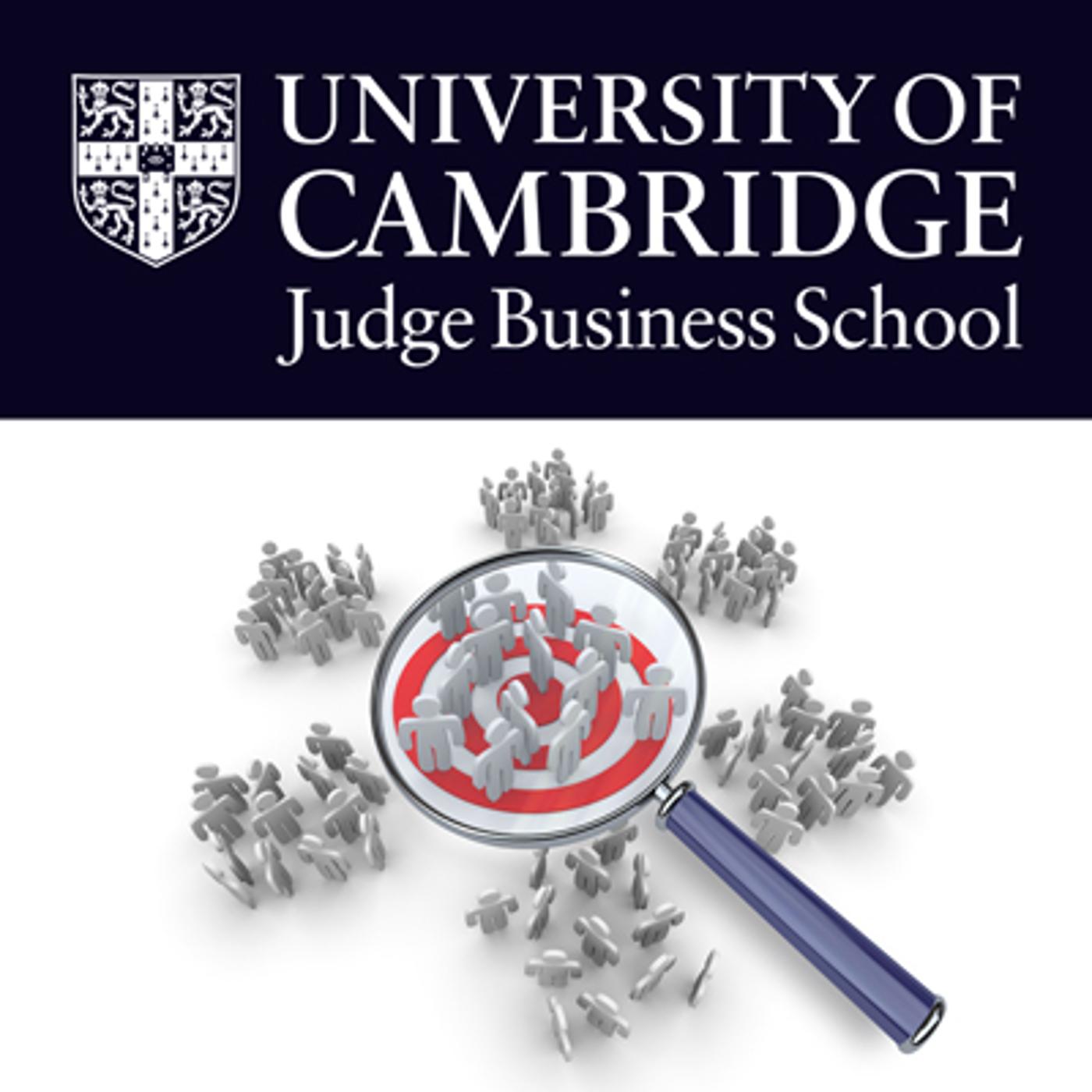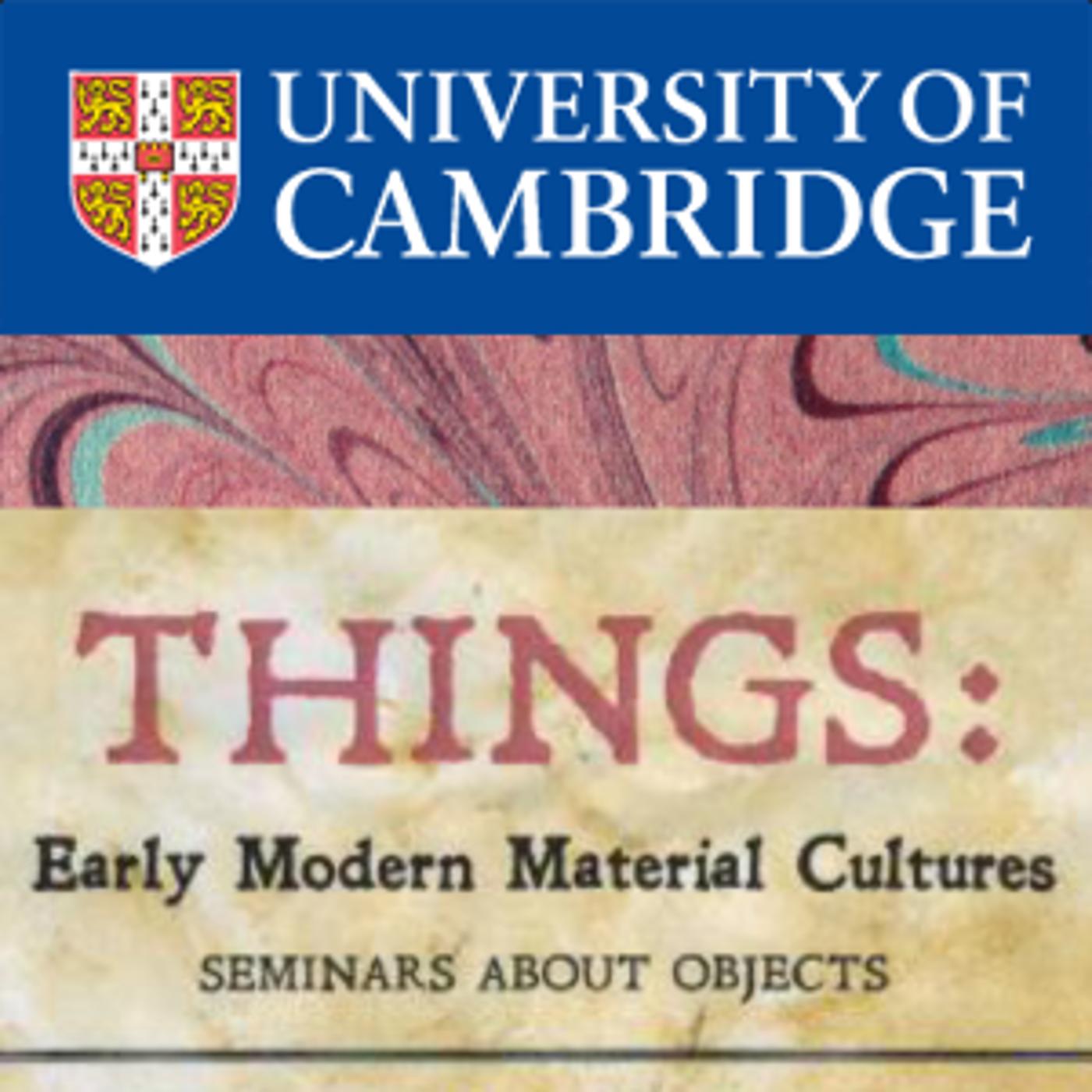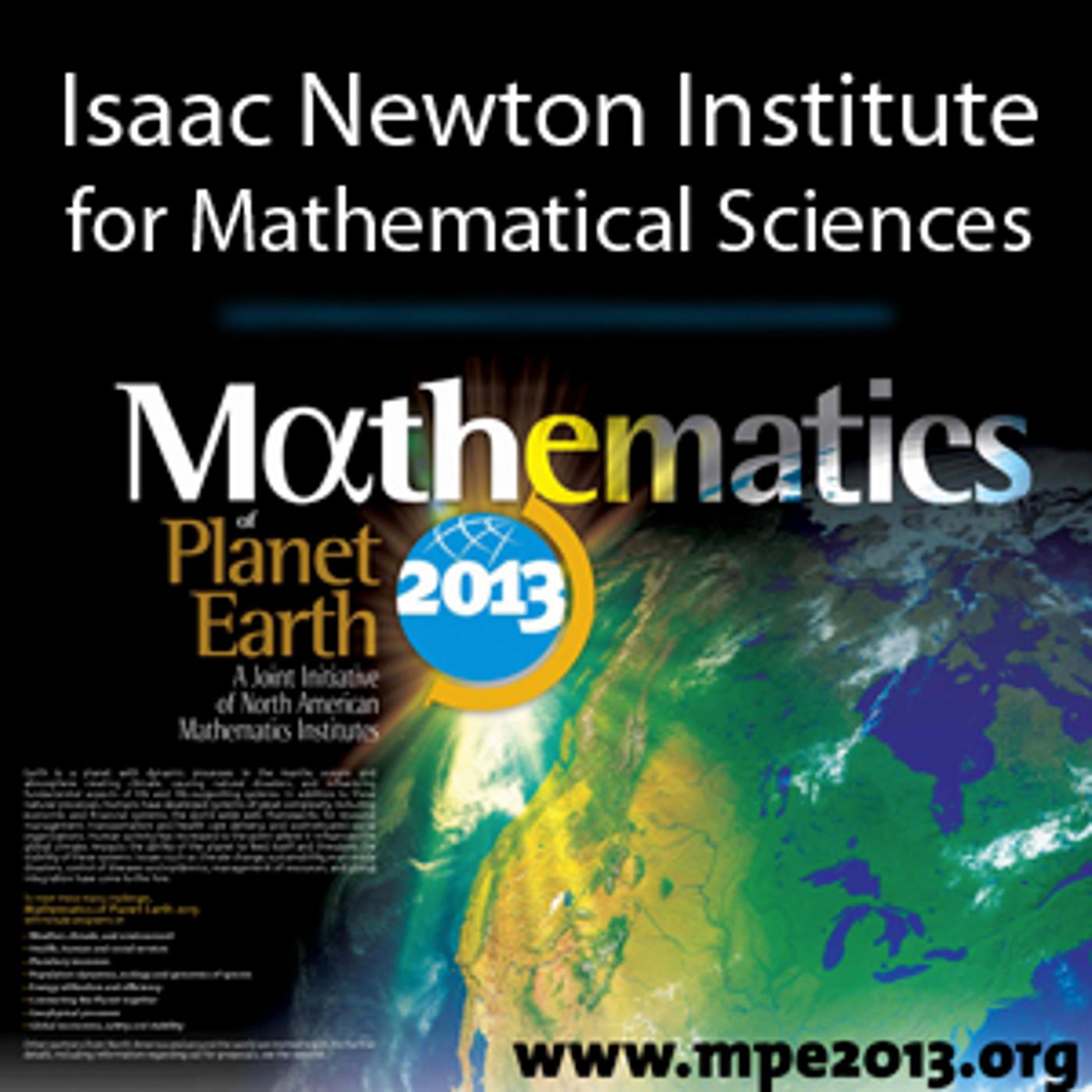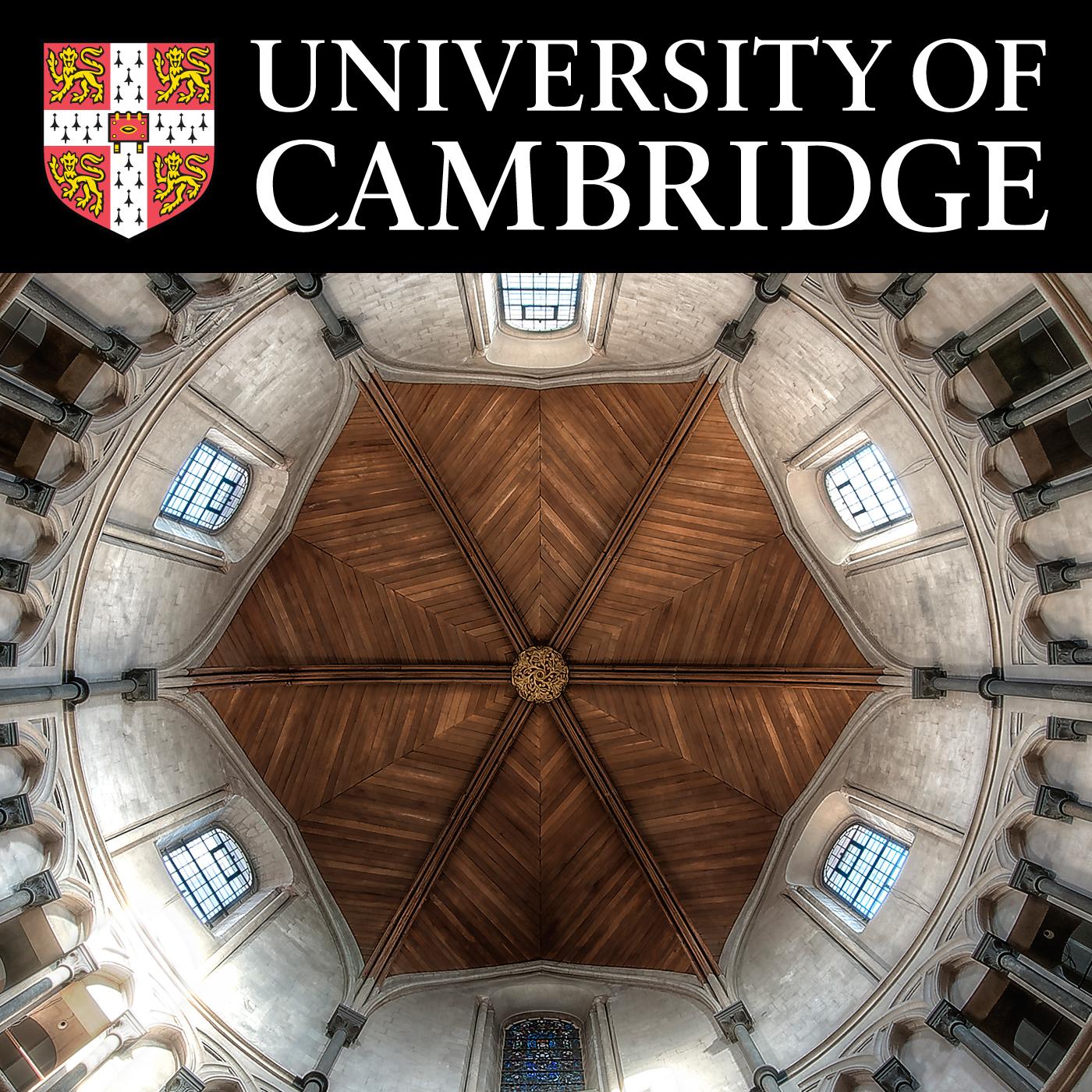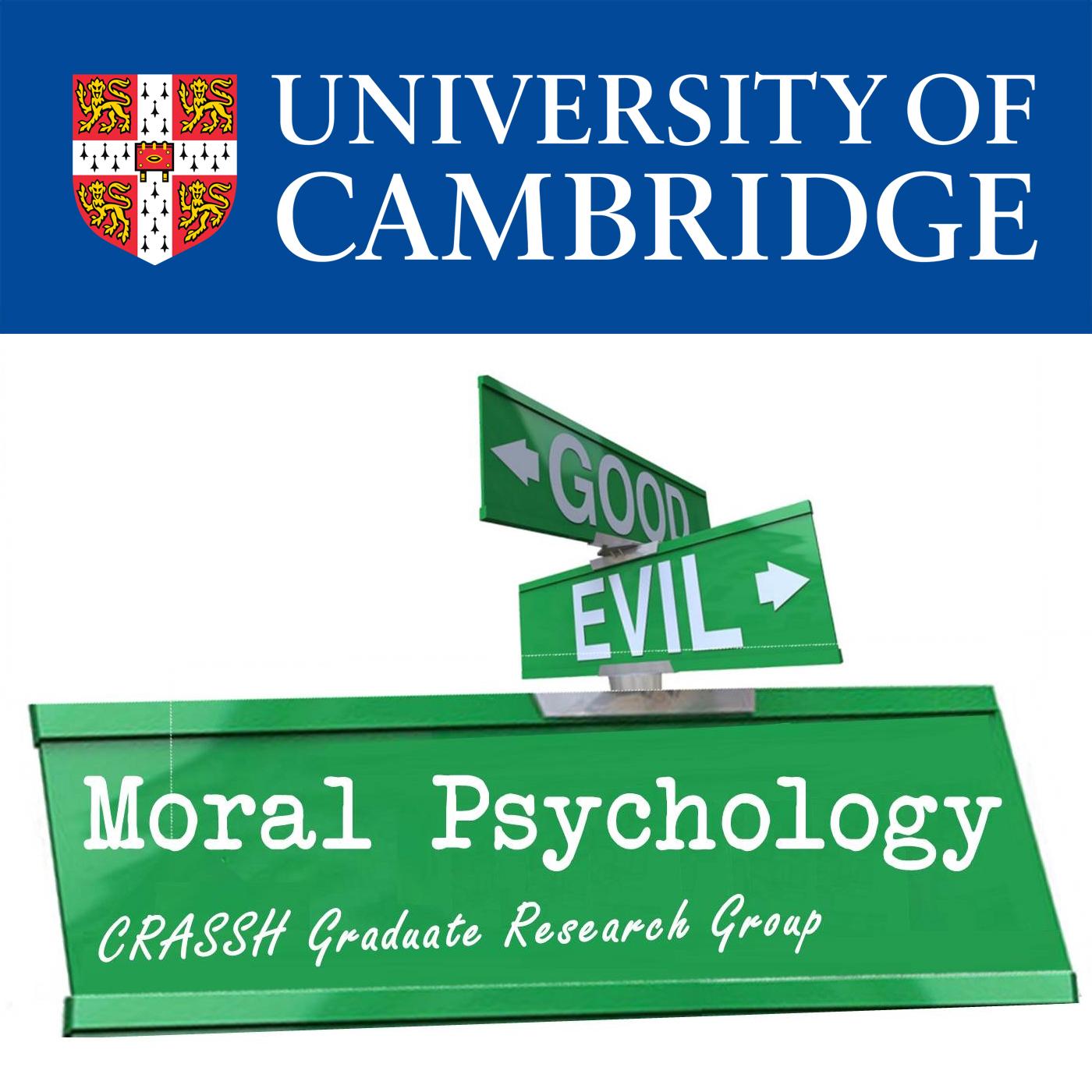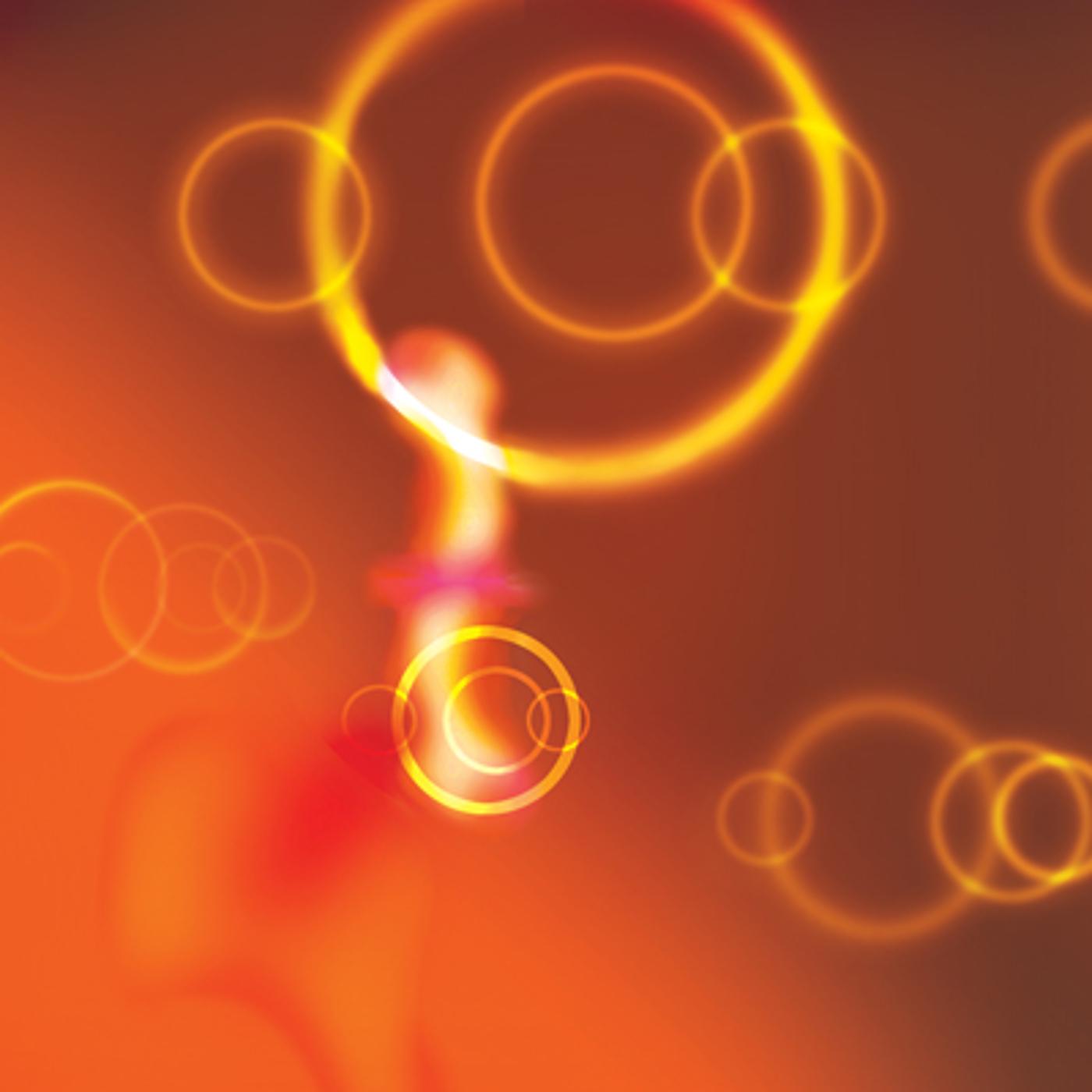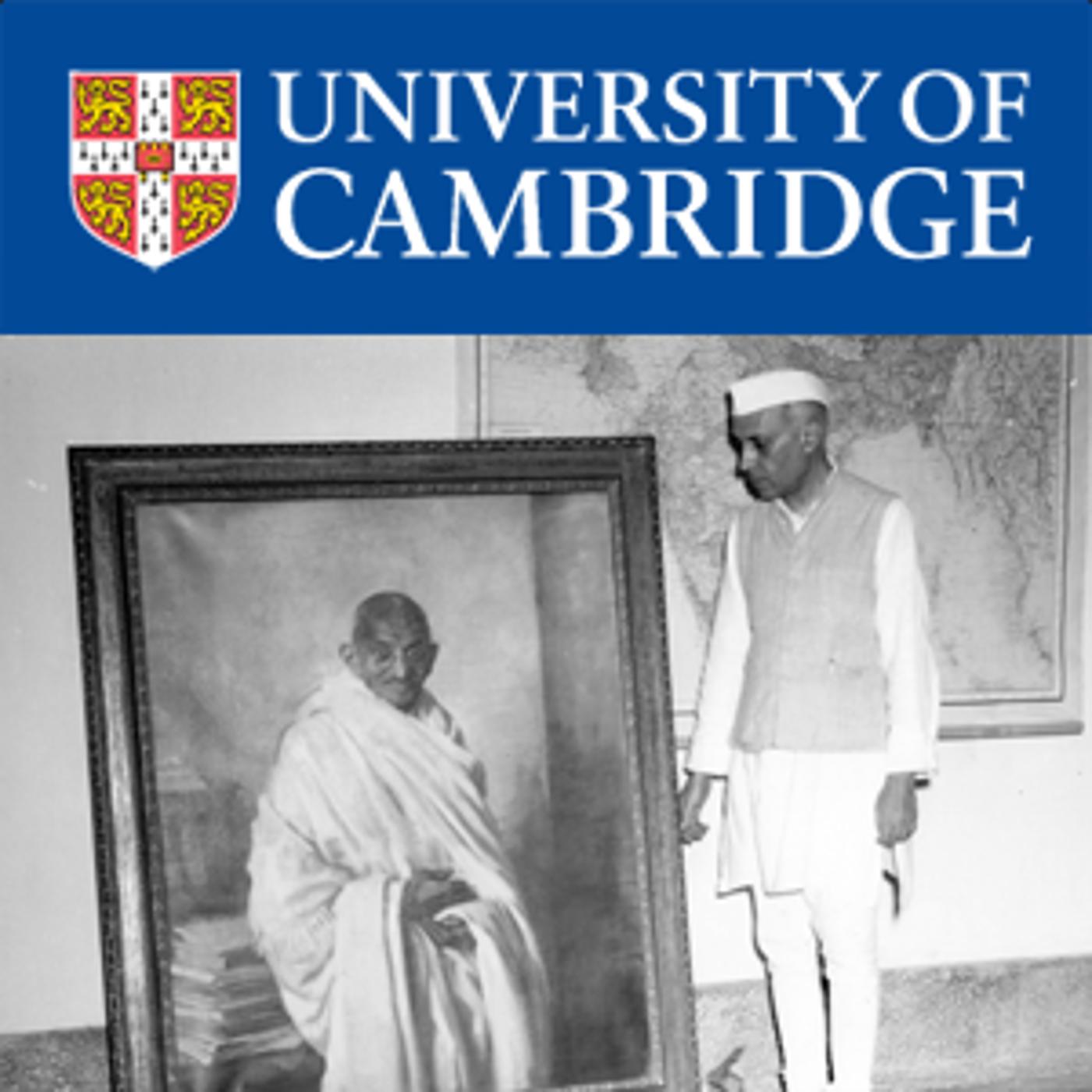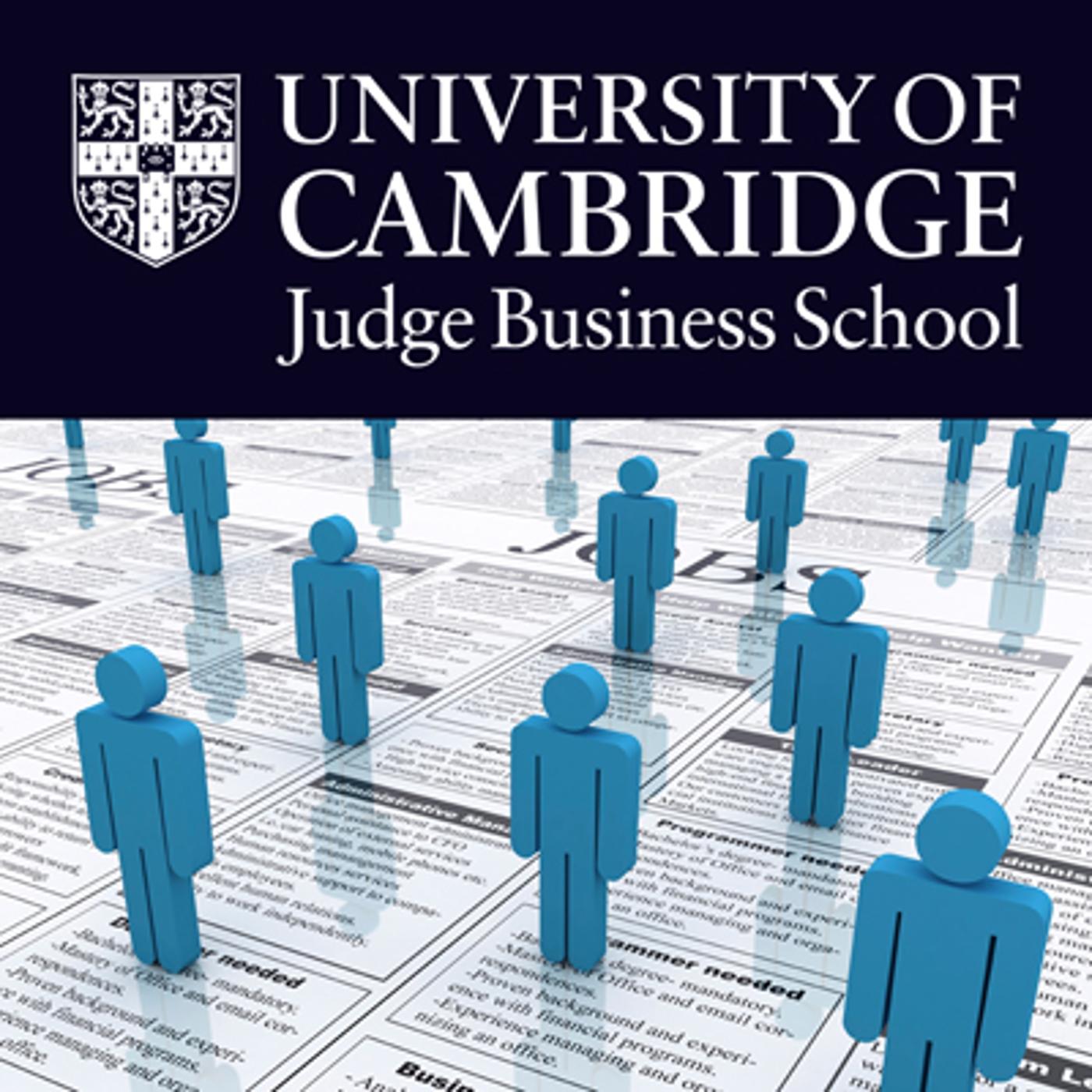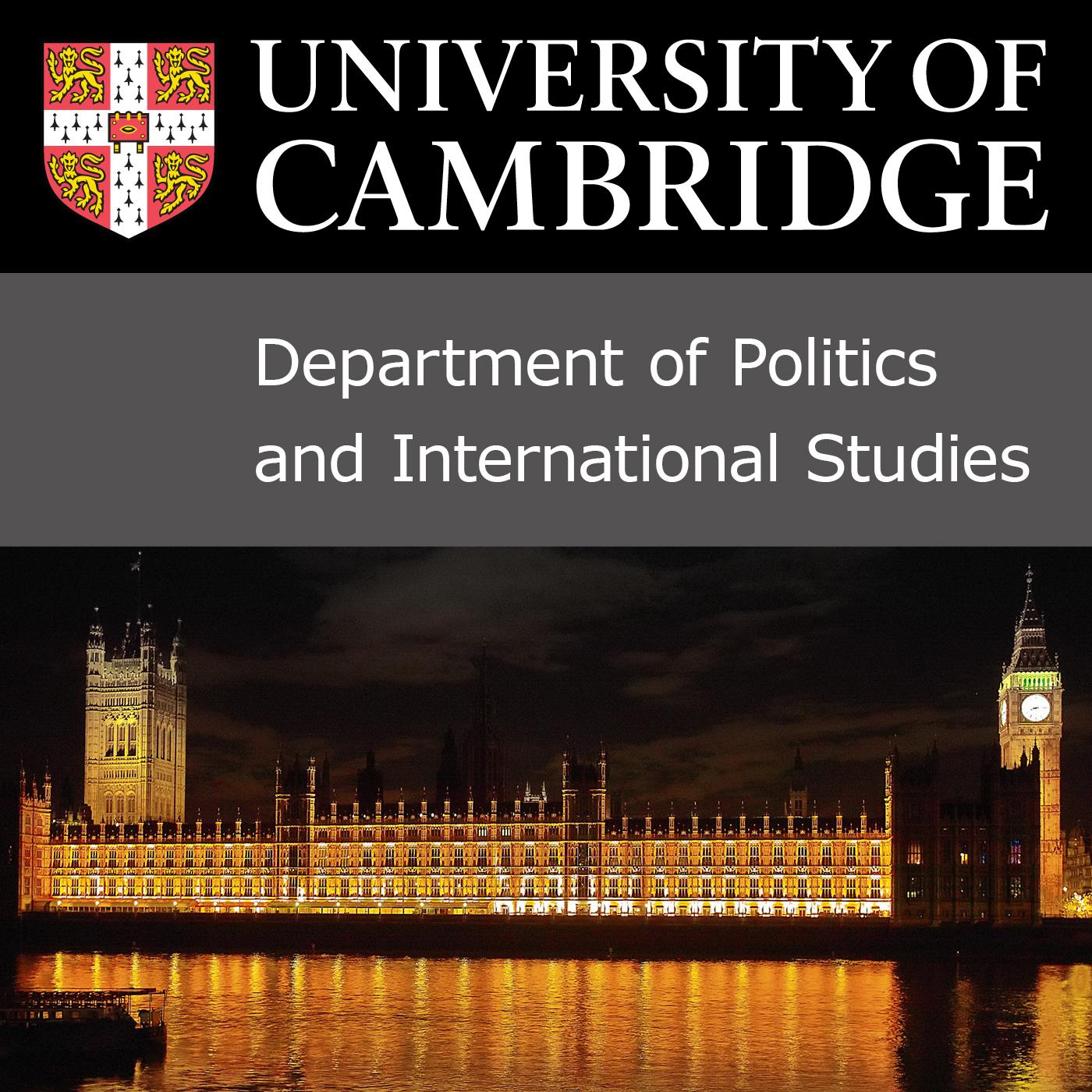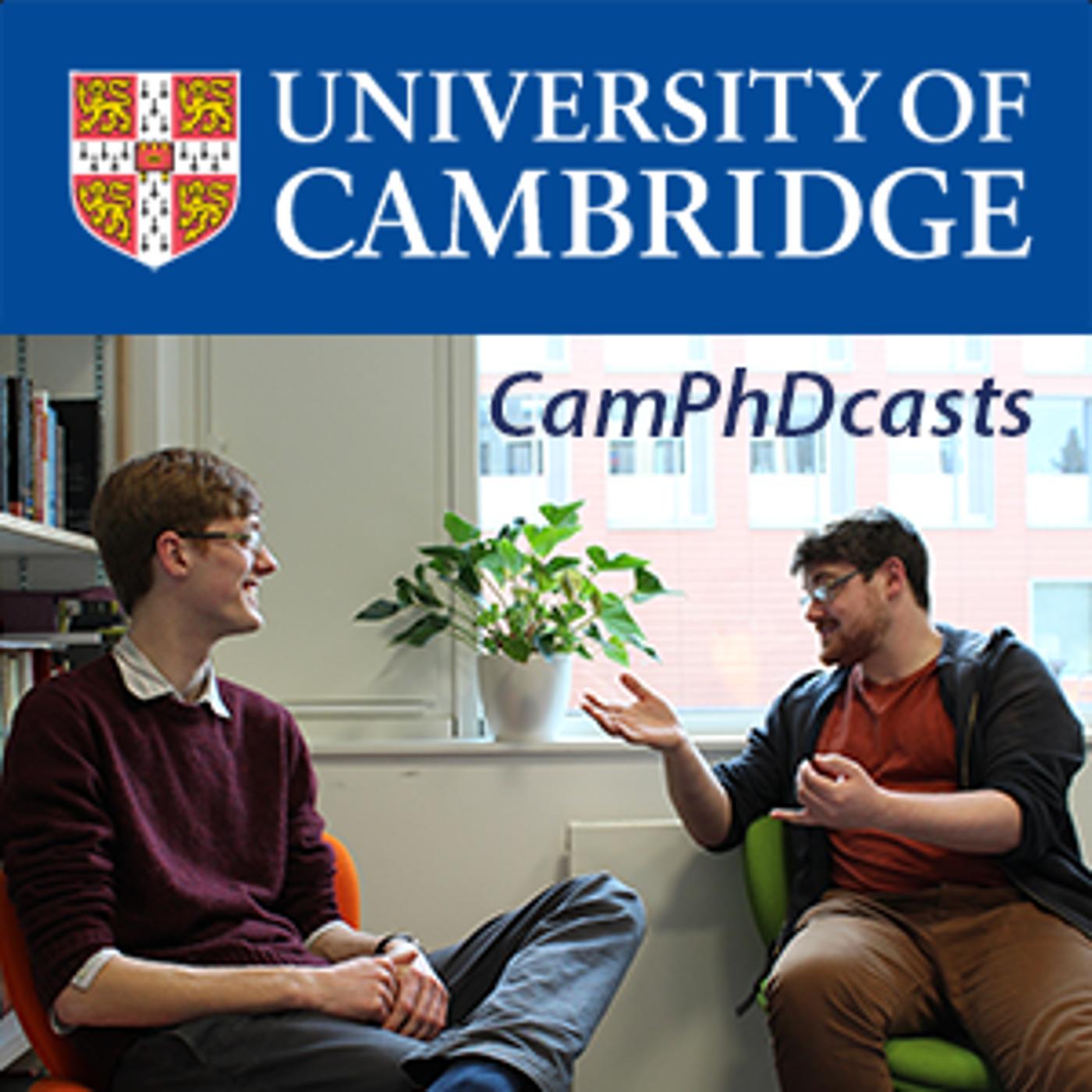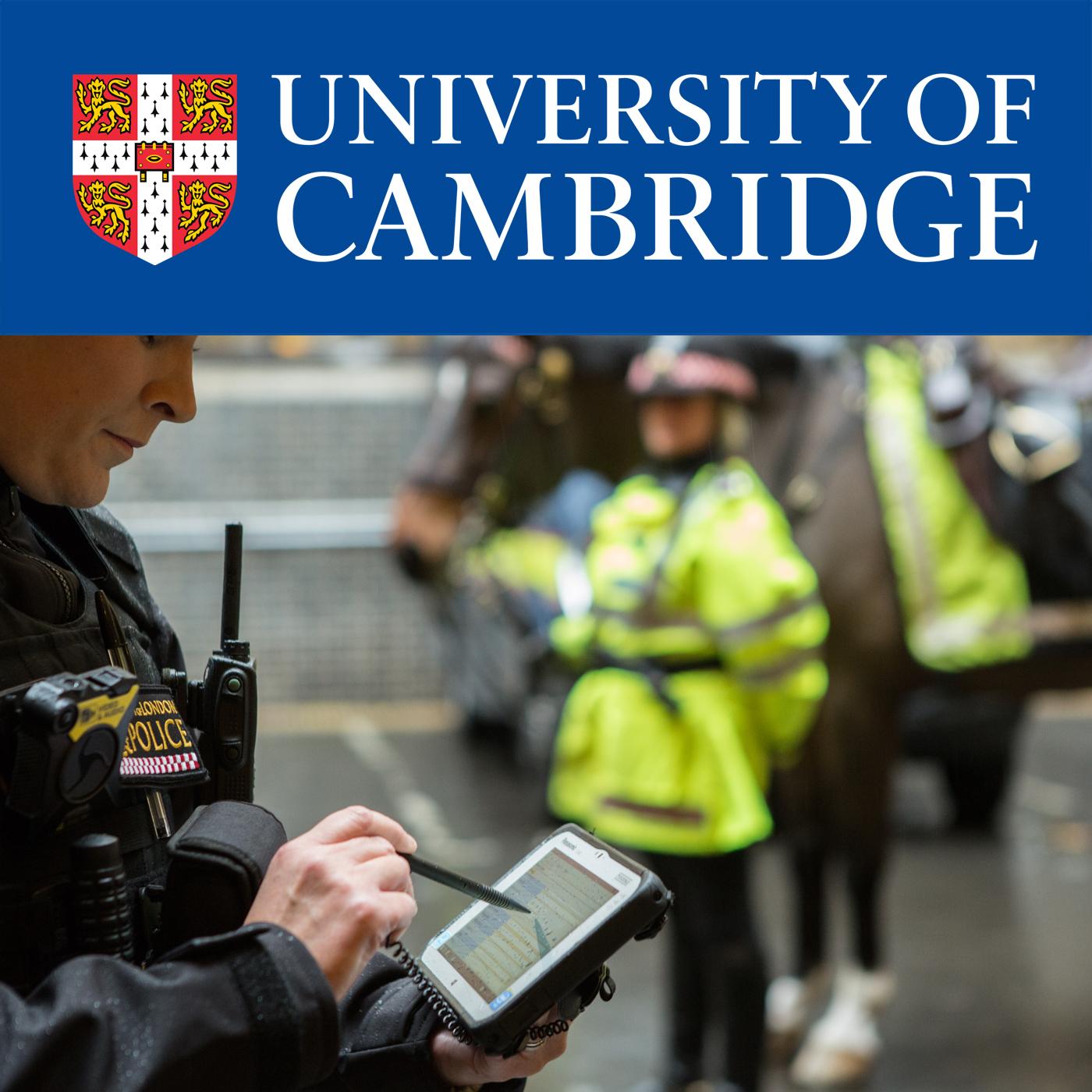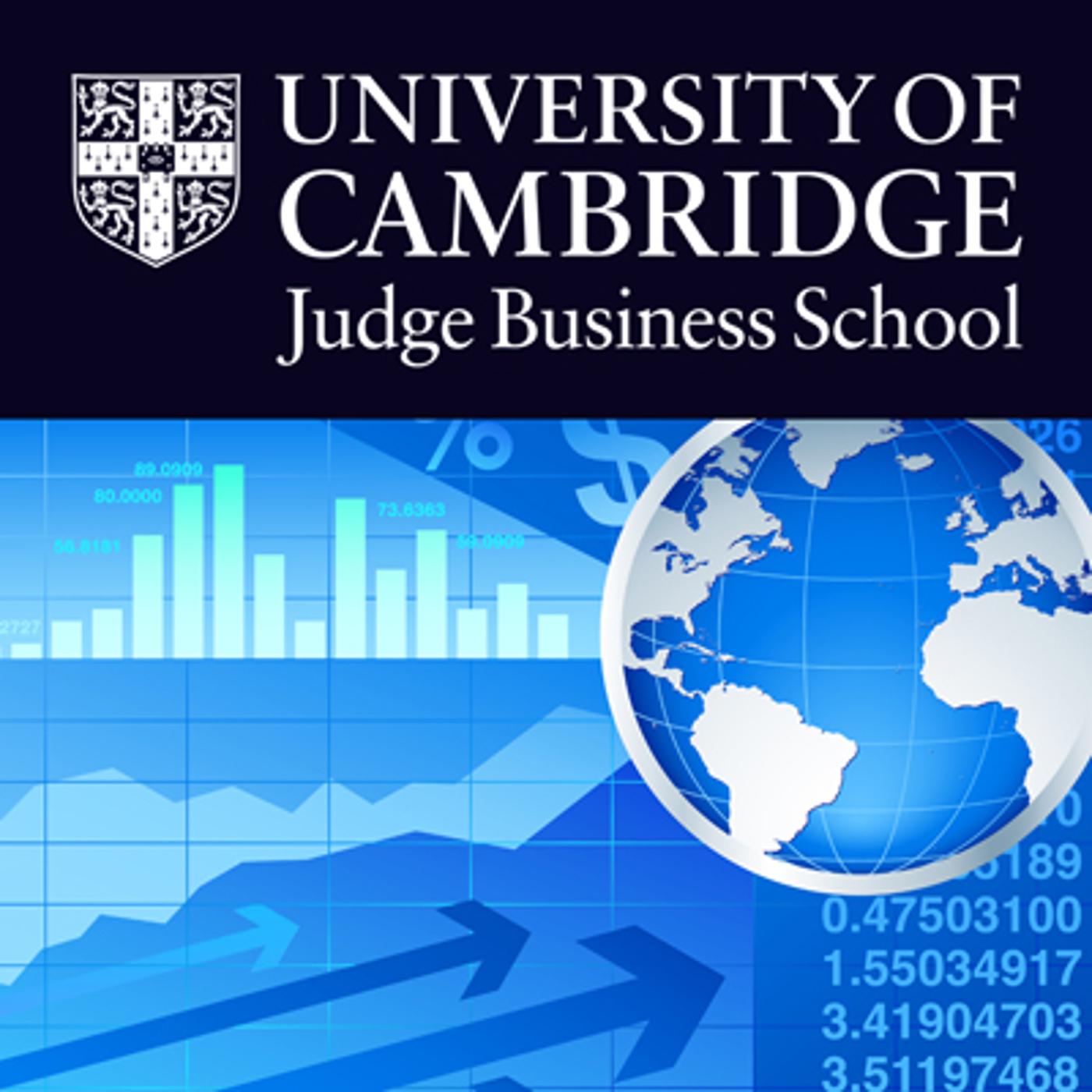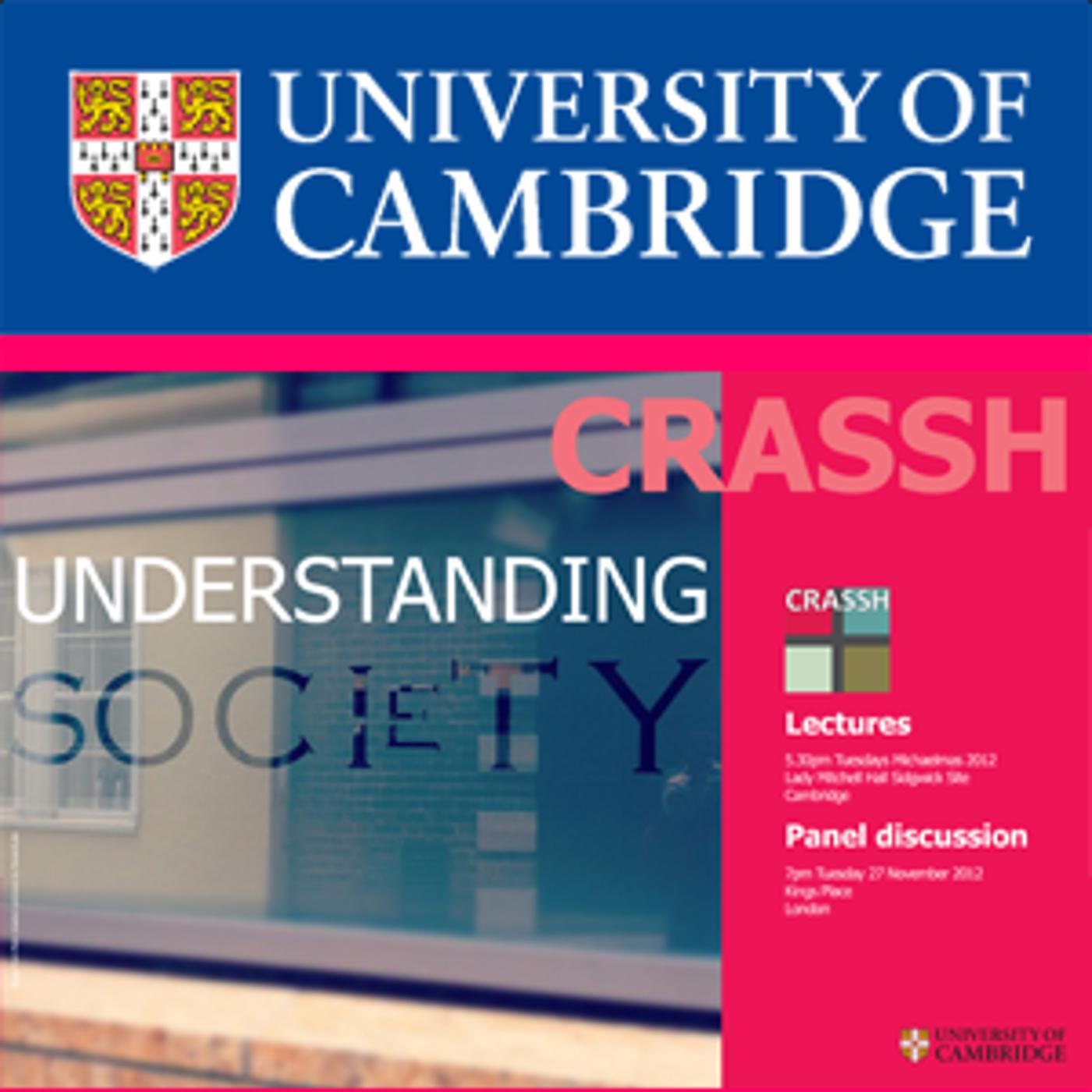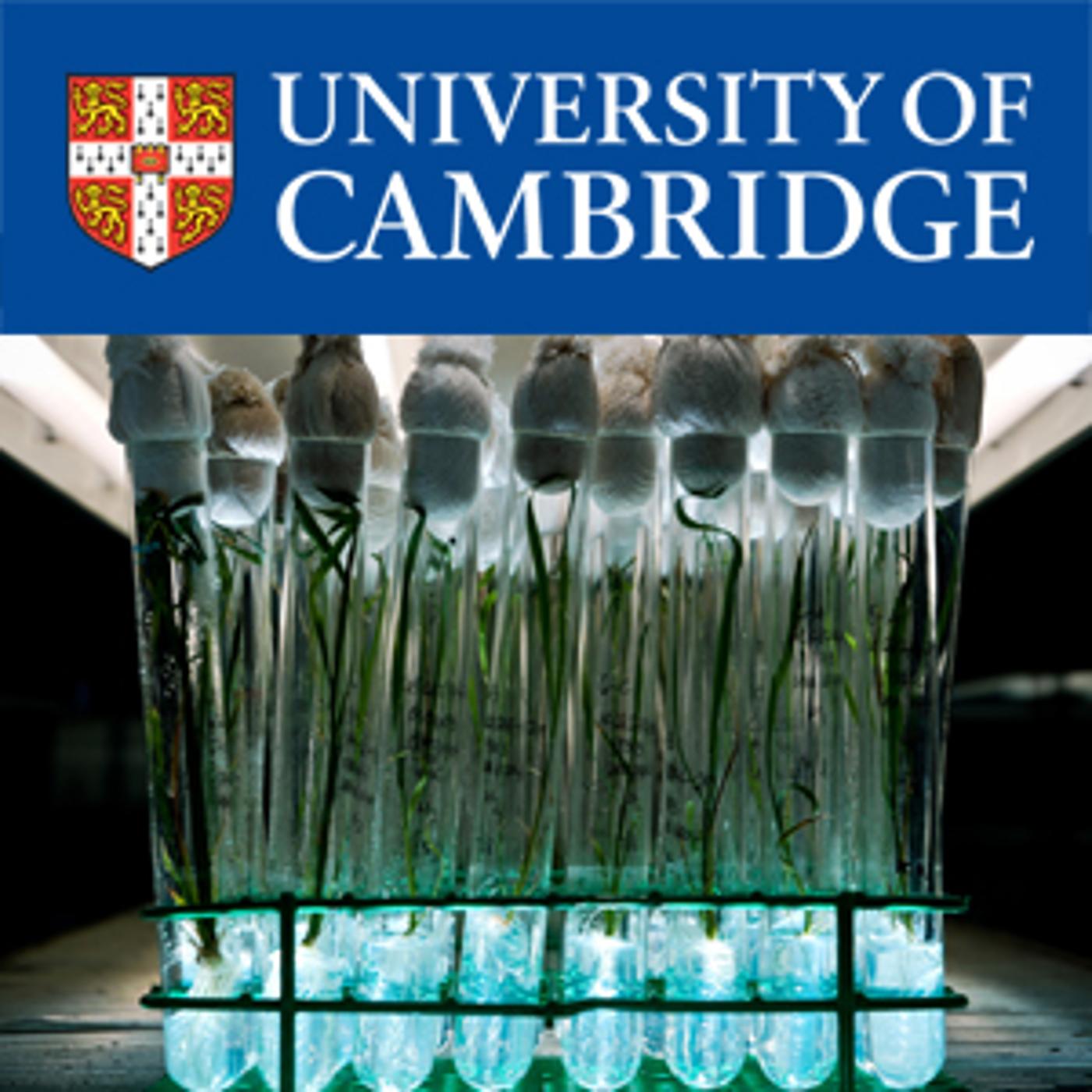Cambridge University
The Lauterpacht Centre for International Law is the scholarly home of International law at the University of Cambridge. The Centre, founded by Sir Elihu Lauterpacht QC in 1983, serves as a forum for the discussion and development of international law and is one of the specialist law centres of...
A collection of public lectures either given at, or by members of, the Faculty of Law, University of Cambridge.
The Sir David Williams Lecture is an annual address delivered by a guest lecturer in honour of Sir David Williams, Emeritus Rouse Ball Professor of English Law and Emeritus Vice-Chancellor of Cambridge University. The lecture series is hosted by the Centre for Public Law (CPL).
The Cambridge...
The LLM (Masters Degree in Law) Subject Forum at the University of Cambridge Faculty of Law is an event held at the beginning of each academic year to help LLM students decide which courses to take. Course convenors for each course discuss for approximately ten minutes the syllabus, goals and...
Exploring key scientific and political environmental issues facing us today.
Media relating to the Faculty of Classics.
The University of Cambridge Institute of Continuing Education (ICE) offers part-time and short courses for adults of all ages, taught by leading Cambridge experts.
Trinity Hall Law Society (THLS), at Trinity Hall, University of Cambridge, hosts a range of educational, professional and social events for students interested in the law.
Highlights of the year include dinners with distinguished alumni, mooting competitions (judged by serving Lord Justices of...
Cambridge Pragmatism: a Research Workshop
31 May — 1 June, 2012 :: Winstanley Lecture Theatre, Trinity College, Cambridge
Themes
Pragmatists approach philosophical problems by enquiring about the practical role of disputed notions — truth, causation, value, or necessity, for example — in human...
M-theory is an 11-dimensional quantum theory of gravity which, in addition to gravitons and other particle-like excitations, includes extended objects known as membranes and five- branes. Though a complete definition of M-theory is not yet known, it is proposed as a nonperturbative formulation of...
The Sidney Greats lecture series is designed to provide introductions to great books and ideas to members - undergraduates, graduates, Fellows and staff - of Sidney Sussex College, Cambridge, giving them an opportunity to learn and think about ideas in fields other than their own. The...
Drawing out the facts, the Naked Science Scrapbook brings a visual dimension to the world's most mysterious science.
Where did the Nazca Lines come from? Who built Stonehenge, and what secrets lie concealed within Egypt's pyramids? To find out, join the Naked Archaeologists as they undress the past...
Cambridge University's Under the Microscope is a collection of videos that capture glimpses of the natural and man-made world in stunning close-up and convey the excitement of cutting-edge science in areas that range from beetle eyes to killer T-cells, from nano-wires to fish skeletons.
Logo...
A new frontier has emerged at the interface between probability, geometry, and analysis, with a central target to produce a coherent theory of the geometry of random structures. The principal question is the following: within a given structure, what is the interplay between randomness and...
Exploring the diversity of cultures around the world.
Lectures exploring key historical developments, some of which have been driven by the contributions of Cambridge academics.
Recorded lectures from the Faculty of Philosophy
On Thursday 22nd March 2012, the Institute of Criminology at the University of Cambridge held a special public seminar which comprised a panel discussion based on the central topic of "The English Riots in 2011: A Discussion from Different Criminological Perspectives".
The topics were:
Part 1:...
Recordings of talks at the Faculty of Philosophy Moral Sciences Club.
An expanding archive developed by Lesley Dingle and Daniel Bates in which we document the careers and achievements of eminent scholars associated with the Faculty of Law at the University of Cambridge. The archive includes biographies, bibliographies, photographs, recorded interviews and many...
The Cambridge Judge Business Debate podcasts featuring faculty and others associated with Cambridge Judge Business School and the broader Cambridge community. The podcasts are designed to shed light on important topics within the broad research and teaching remit of Cambridge Judge Business...
In the second term of every academic year since 1986 Darwin College has organised a series of eight public lectures. Each series has been built around a single theme, approached in a multi-disciplinary way, and with each lecture prepared for a general audience by a leading authority on his or her...
Podcasts from Ridley Hall, an Anglican Theological Training College in Cambridge.
A weekly homemade series of puzzles, tricks and mathematics from James Grime of Cambridge University.
Talks from events by Cambridge Language Sciences, a network to develop interedisciplinary research in the language sciences at the University of Cambridge
In the second term of every academic year since 1986 Darwin College has organised a series of eight public lectures. Each series has been built around a single theme, approached in a multi-disciplinary way, and with each lecture prepared for a general audience by a leading authority on his or her...
This podcast features lectures and discussions about Ukrainian culture and society with students, scholars, and artists around the world. It is part of a larger public programme of seminars, exhibitions, and festivals organised by Cambridge Ukrainian Studies, an initiative of the Department of...
Lectures and Seminars organised by the Faraday Institute for Science and Religion
This summer, Catherine, Duchess of Cambridge, is due to give birth to an heir to the throne. In this pair of lectures, leading historians explore how Tudor and Stuart monarchs begat children. We’ll go from throne to bedchamber, from weddings to ballads as we examine how Henry VIII’s fertility...
What happens when we don’t know who made something?
Each object talked about in this podcast has an unknown maker. Why are they unknown? Is it important that we know? And how much can an object tell us about the person who made it?
This podcast series is part of an exhibition titled Artist:...
The Confidence Interval is an occasional podcast from MRC Epidemiology Unit at the University of Cambridge – talking science, people and public health. Subscribe on iTunes https://itunes.apple.com/gb/podcast/the-confidence-interval/id1445038632?mt=2
In the second term of every academic year since 1986 Darwin College has organised a series of eight public lectures. Each series has been built around a single theme, approached in a multi-disciplinary way, and with each lecture prepared for a general audience by a leading authority on his or her...
Cutting-edge expert commentary, analysis and business insights on the marketing and strategic issues of the day from Cambridge Judge Business School's global faculty, associates and guest speakers.
Graduate Group - Things: Material Cultures of the Long 18th Century
Talks and panel debates focusing on international development issues, featuring many prominent academics and practitioners. From Cambridge University International Development.
From Latin to literature, maths to museums, Cambridge has a wealth of resources and initiatives for schools.
Our planet is the setting for dynamic processes of all sorts, including the geophysical processes in the mantle, the continents, and the oceans, the atmospheric processes that determine our weather and climates, the biological processes involving living species and their interactions, and the...
Podcasts of public lectures and interviews in economic and social history. For more information see: http://www.econsoc.hist.cam.ac.uk/podcasts.html
Image courtesy of: JH Images.co.uk from Flickr Creative Commons
The Cambridge Moral Psychology Research Group brings together researchers from different disciplines—including neuroscience, psychology, philosophy, law, and others—who have a common interest in understanding moral behaviour. The aims of the group are to (1) foster inter-disciplinary...
A range of interviews and lectures from entrepreneurs and experts providing insights, advice and commentary on current issues and research topics.
As a preamble to the first international conference on Exploring modern South Asian history with visual research methods, Cambridge, UK, 15-16 March 2013, the Centre of South Asian Studies is organising a seminar series that will introduce the theme of the conference. Several historians and...
Cutting-edge expert commentary, analysis and business insights on the HR and organisational issues of the day from Cambridge Judge Business School's global faculty, associates and guest speakers.
Lectures from the Department of Politics and International Studies (POLIS)
Image courtesy of Lutz from Flickr Creative Commons
‘So... what is it that you actually do?’
It’s a question most PhD students have faced at some time during their study, and one which can be surprisingly difficult to answer. It’s with this question in mind that Cambridge researchers Richard Blakemore and John Gallagher came up with the idea for...
The Institute of Criminology holds an annual international conference on Evidence Based Policing, Chaired by Professor Lawrence Sherman in association with the Society for Evidence Based Policing (SEBP).
The 11th conference was held at the Sidgwick site at the Faculty of Law, University of...
Cutting-edge expert commentary, analysis and business insights on the economic and political issues of the day from Cambridge Judge Business School's global faculty, associates and guest speakers.
Margaret Thatcher famously declared that there is no such thing as society. Her successor David Cameron has asserted that the concept of ‘The Big Society’ is a central plank of his administration’s agenda.
Universities have found it easy to take a distanced view of the rhetoric of government,...
‘Feeding Seven Billion’
Cambridge led Public Debates on Global Food Security:
Debate 1: Biotechnology, Intellectual Property and Twenty First Century Crops
What is the relative role of private industry and publicly-funded research in promoting agro-biotechnologies?
Is technological innovation...
